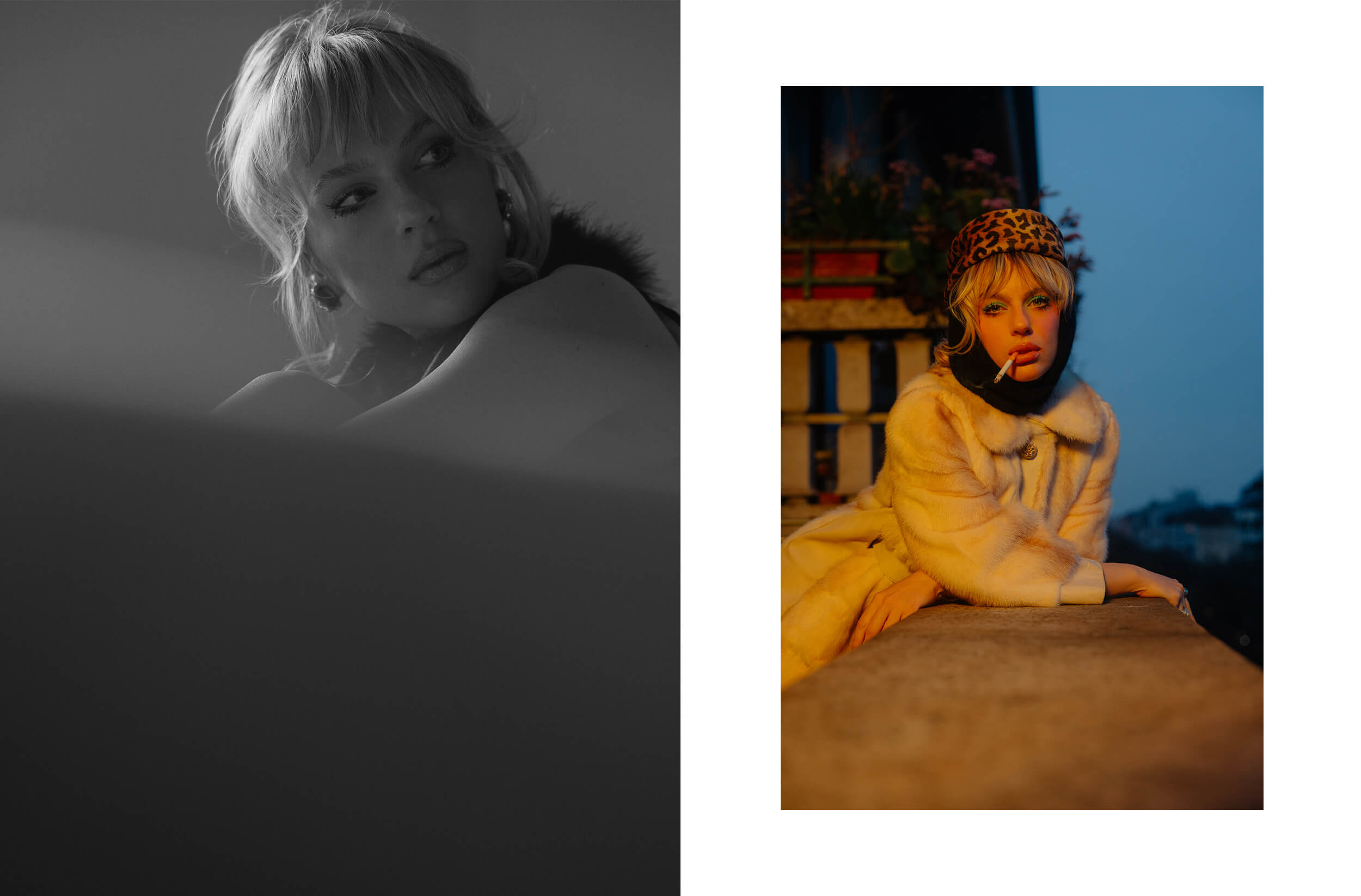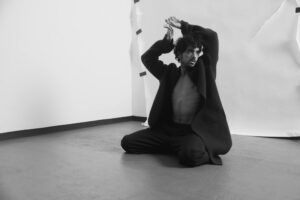Erica Vitulano came to cinema out of necessity, not ambition. It was an inner urgency, a silent rebellion that led her to move to Rome and question everything, just to explore that dark yet luminous zone that only acting can illuminate. In Cinedramma, Erica doesn’t simply play Giulietta: she inhabits her, crosses through her, reinvents her.
Forget Verona, forget balconies: here we are among the waters of the Venetian lagoon, between rival gangs, unresolved desires, and a living nature that merges with the body. During our conversation, Erica spoke to us about the challenge of undressing — literally and metaphorically — on set, the pleasure of saying everything without speaking, and her fascination with female characters who, like her, balance between sweetness and subversion.
What is your first memory related to the world of cinema? Was there a moment when you fell in love with it?
I remember the first film I ever saw was Jurassic Park with my father. I left the theater terrified and had recurring nightmares about a T-Rex chasing me [laughs].
Aside from that, the first meaningful memories of cinema aren’t necessarily about the movies I watched, but rather about the personal experiences I had—video experiments I did years ago with my then-boyfriend, who was a director. These allowed me to express an emotional world I usually keep very hidden, because I’m an introverted, reserved person.
Maybe all those experiments planted the seed of this desire. I wasn’t one of those people born wanting to be an actress—cinema was a distant, almost unreachable, dreamlike world to me. I approached it because I needed to.
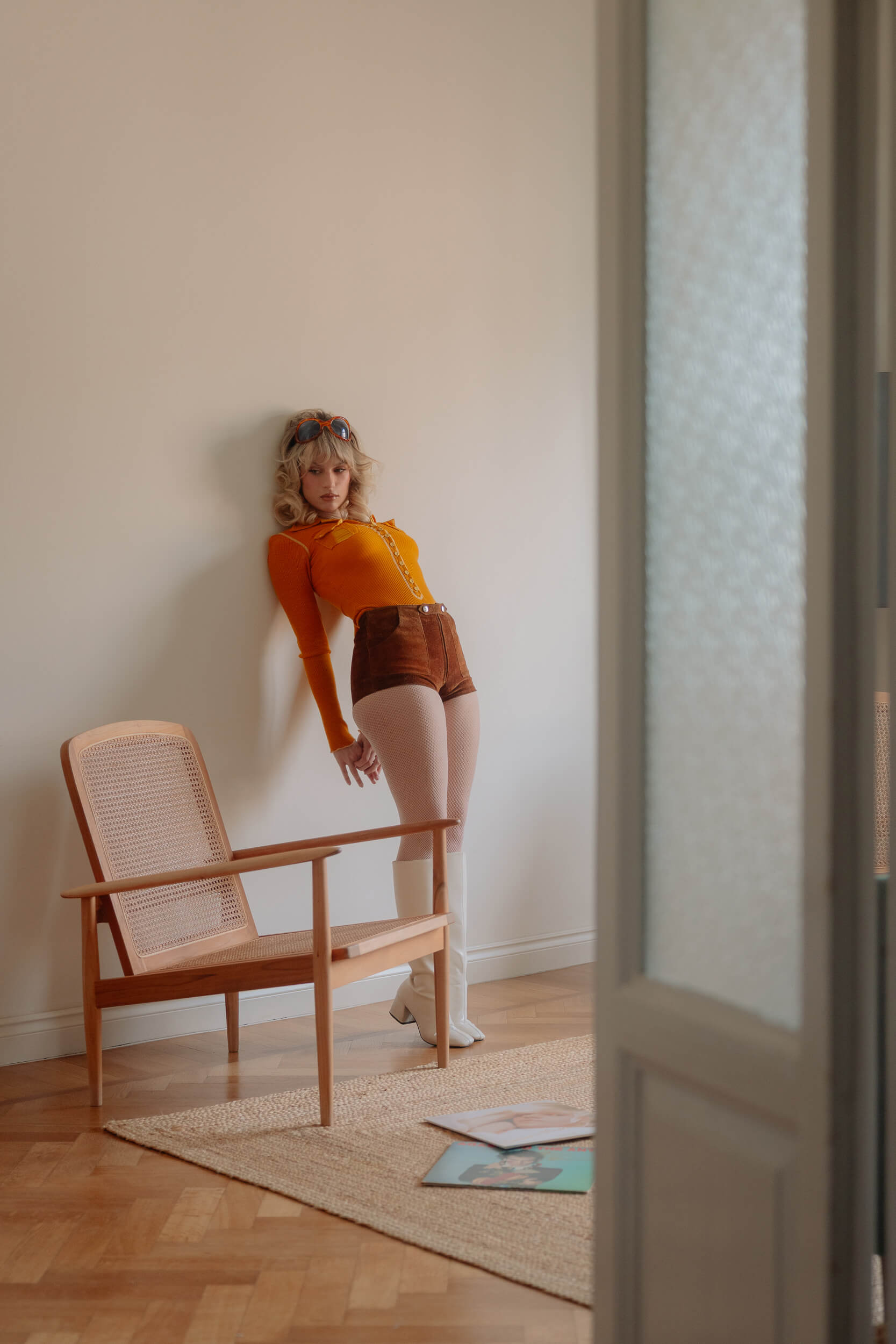
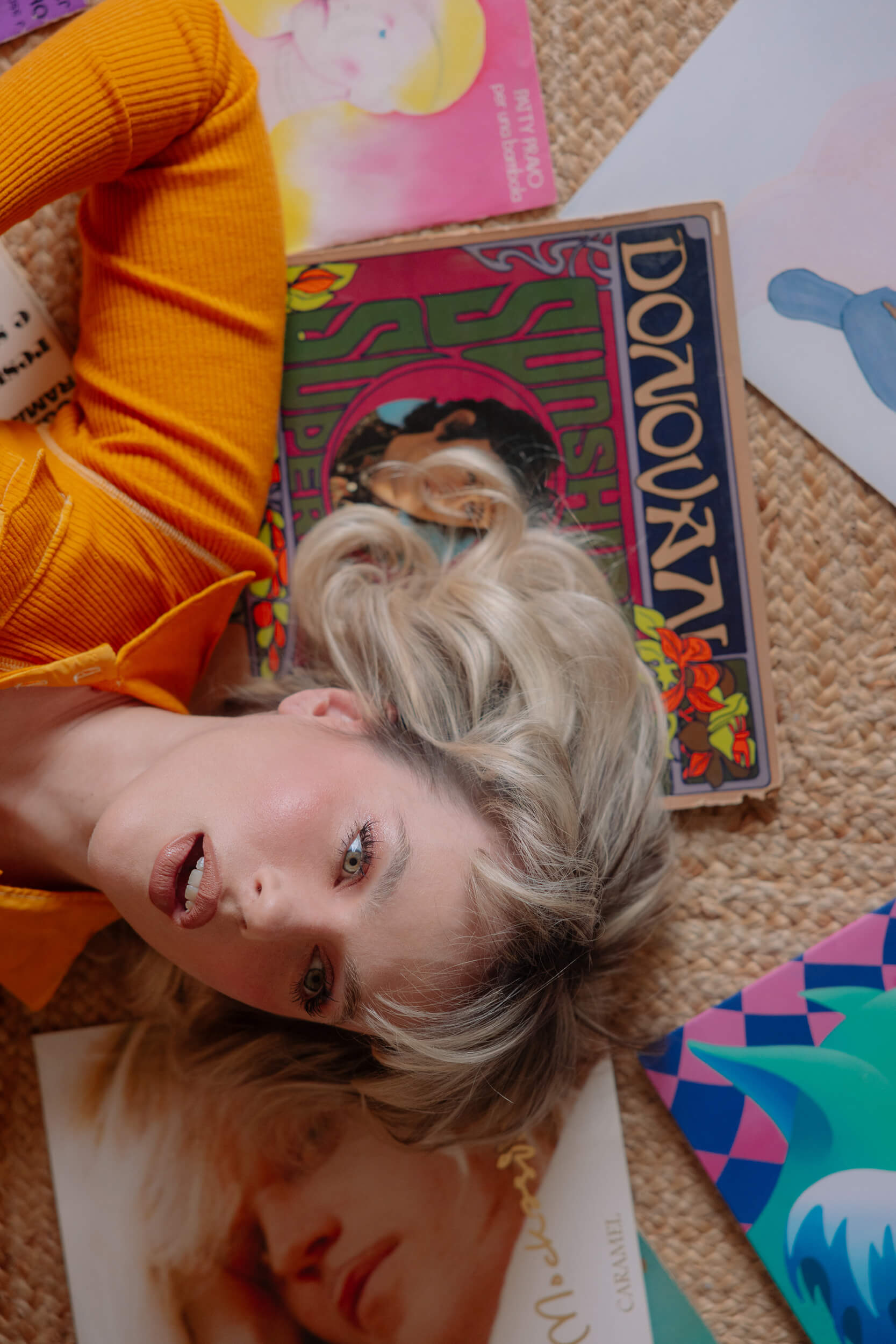
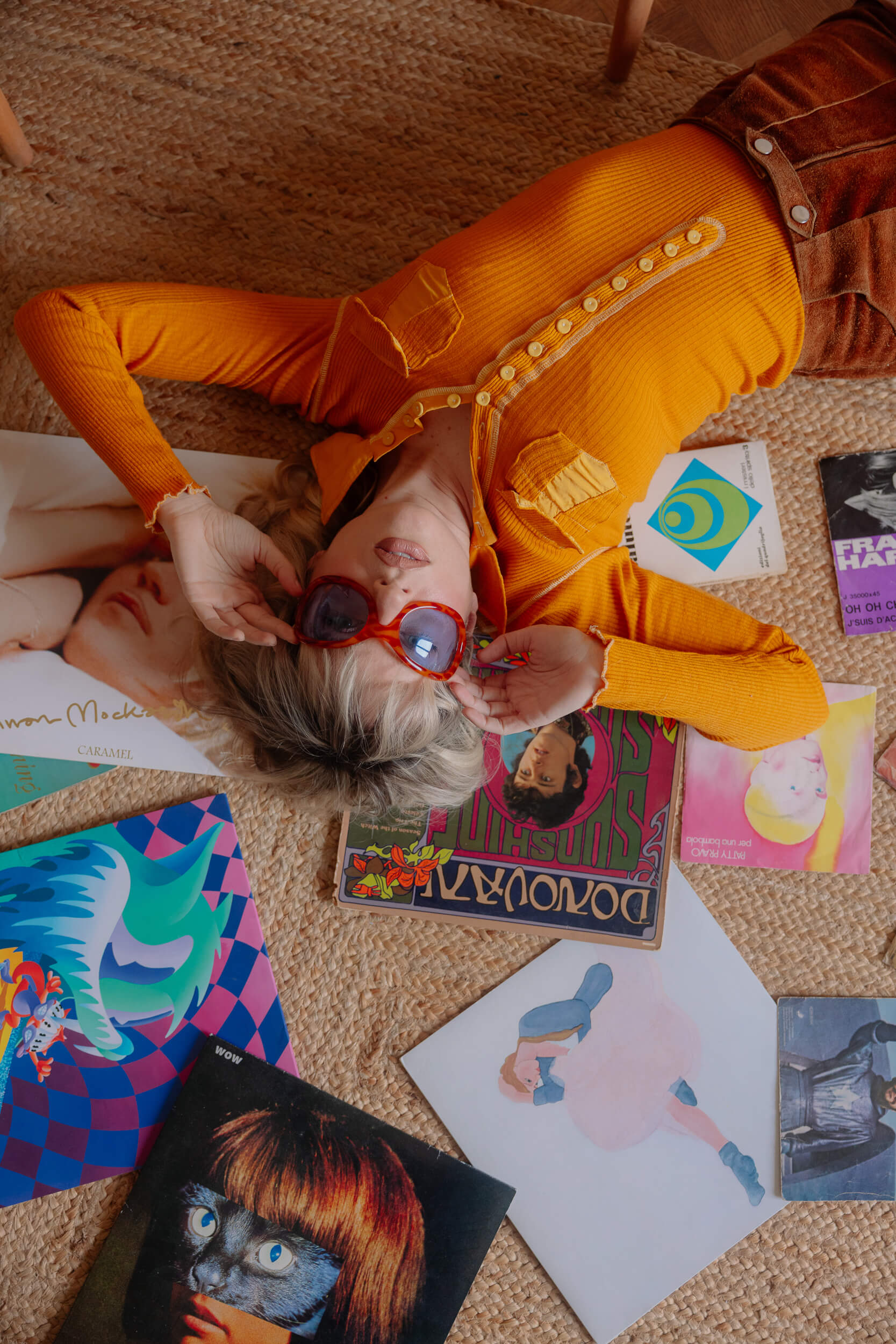
And eventually in Cinedramma, you played an iconic figure from cinema and literature. What was it like to interpret her in such a unique, modern setting?
At first, it was a challenge, because Shakespeare’s Giulietta is a pillar of both literature and film. I was scared, a bit intimidated by the idea of taking on such a well-known, significant character. But as soon as I read the script, I realized it was set in a completely different world: the Venetian lagoon, the island of Falconera.
Shakespeare’s Giulietta is 13 years old; mine is nearly 30. She’s not concerned about finding a husband like in the original, but is a modern woman, the daughter of a bourgeois family, facing contemporary struggles. The film doesn’t deal with Montague-Capulet rivalry but rather with gang conflicts.
I felt very connected to this Giulietta, especially since the director wanted me to merge with my character, to become one with her. Her bond with nature, with the earth, also mirrors mine: she seems to live in a kind of bubble, detached from Romeo’s world. Her main drive is to let their son live the life they were denied due to family interference.
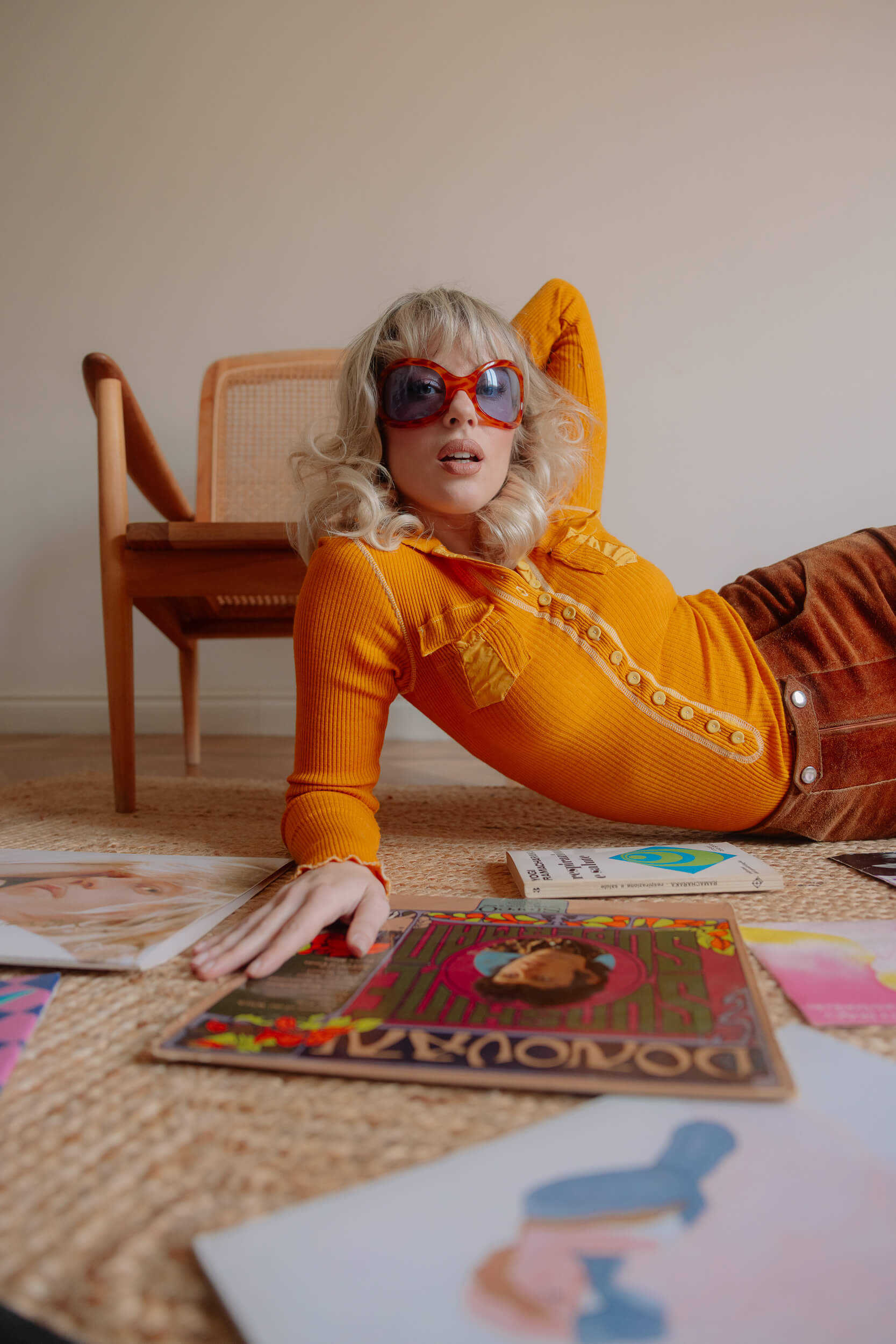
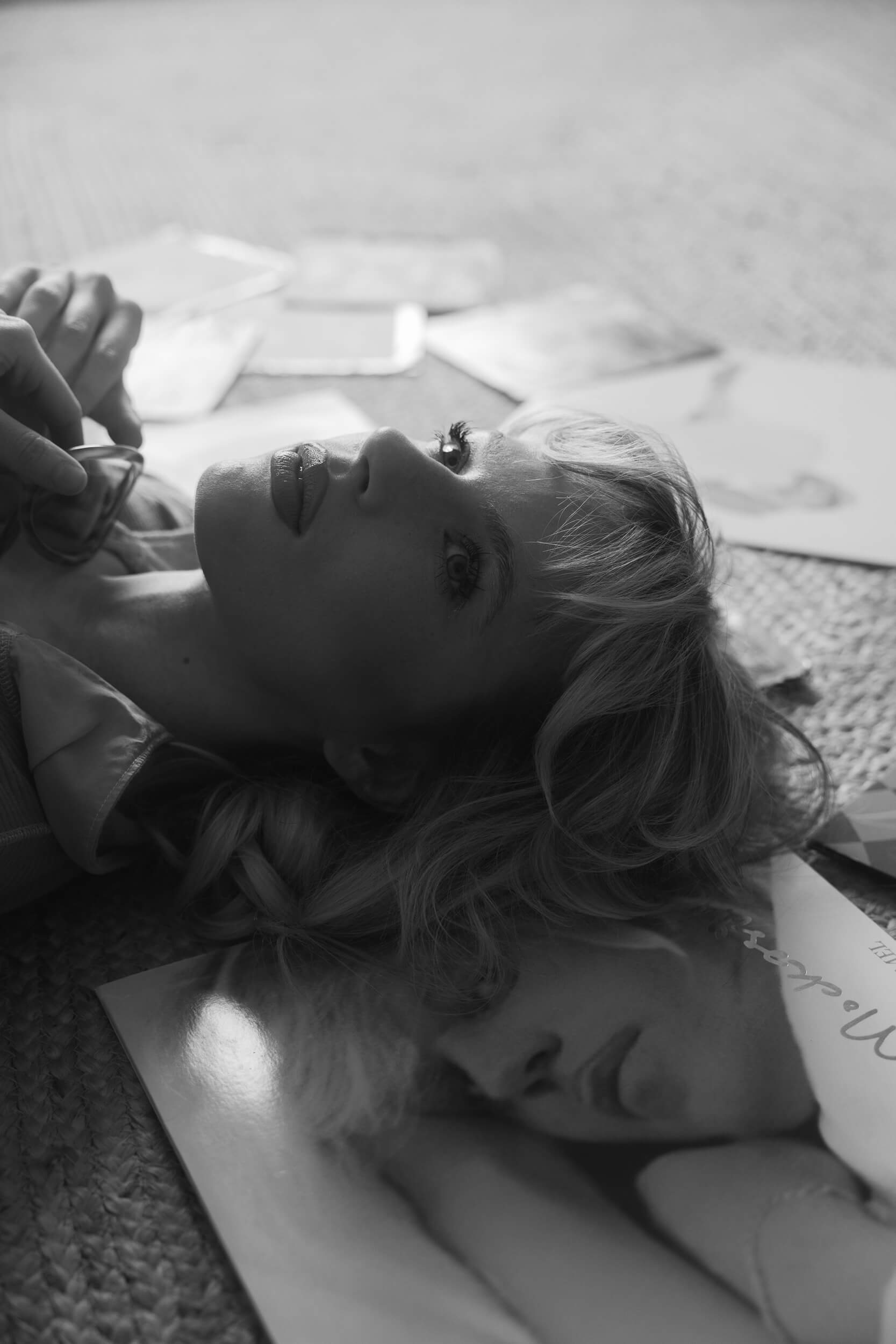
“I felt very connected to this Giulietta, especially since the director wanted me to merge with my character, to become one with her”
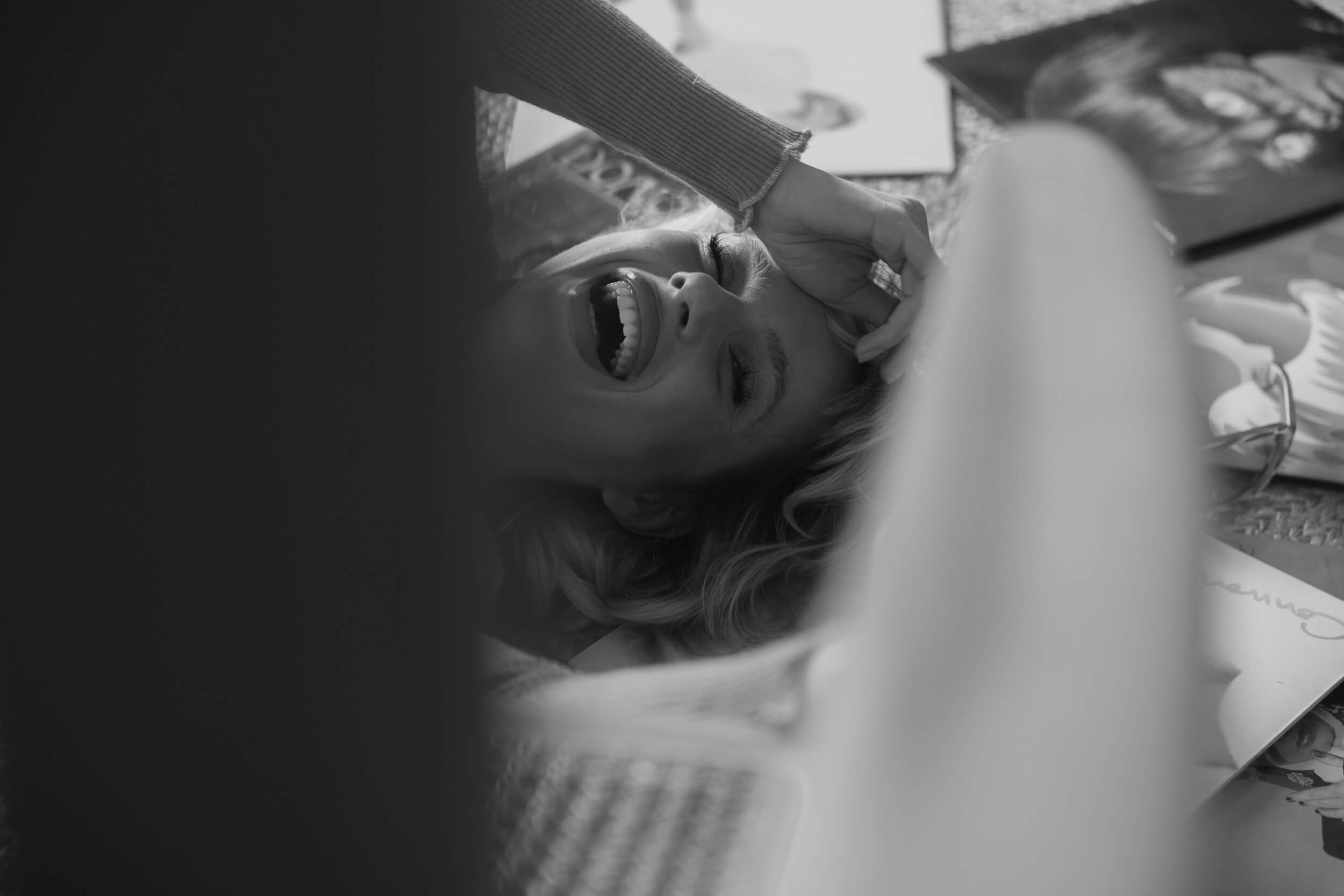
Was there a particularly challenging or emotionally intense scene to shoot, especially one involving nature?
A very interesting moment was a nude scene early in the film.
I’d never done that before, but I felt deeply connected to Giulietta—who is nature, earth, air, water. In that moment, she strips away everything because she is part of the natural world. It was a necessary scene, filmed in a single take. I was very relaxed—it felt almost cathartic, a moment of deep connection.
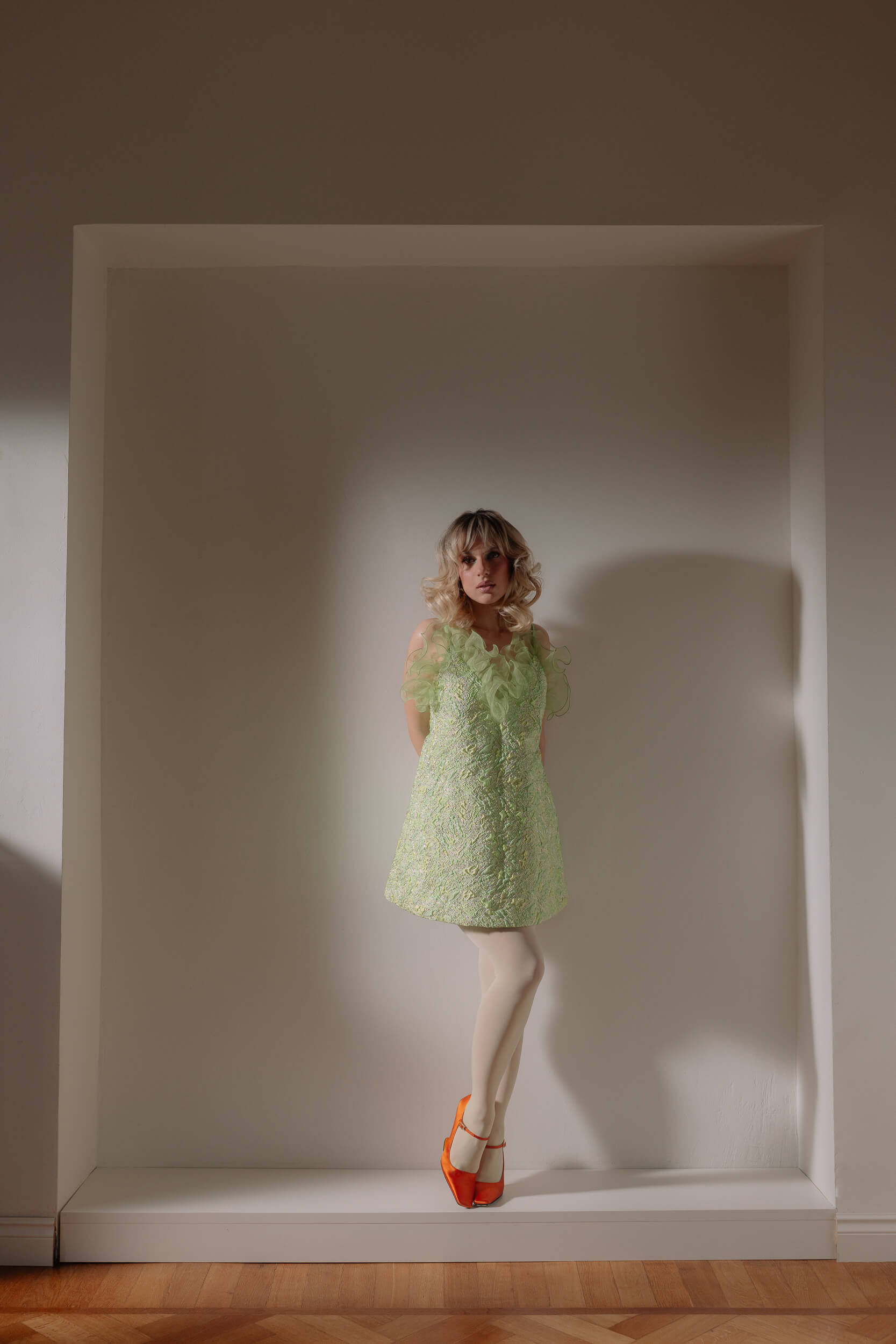
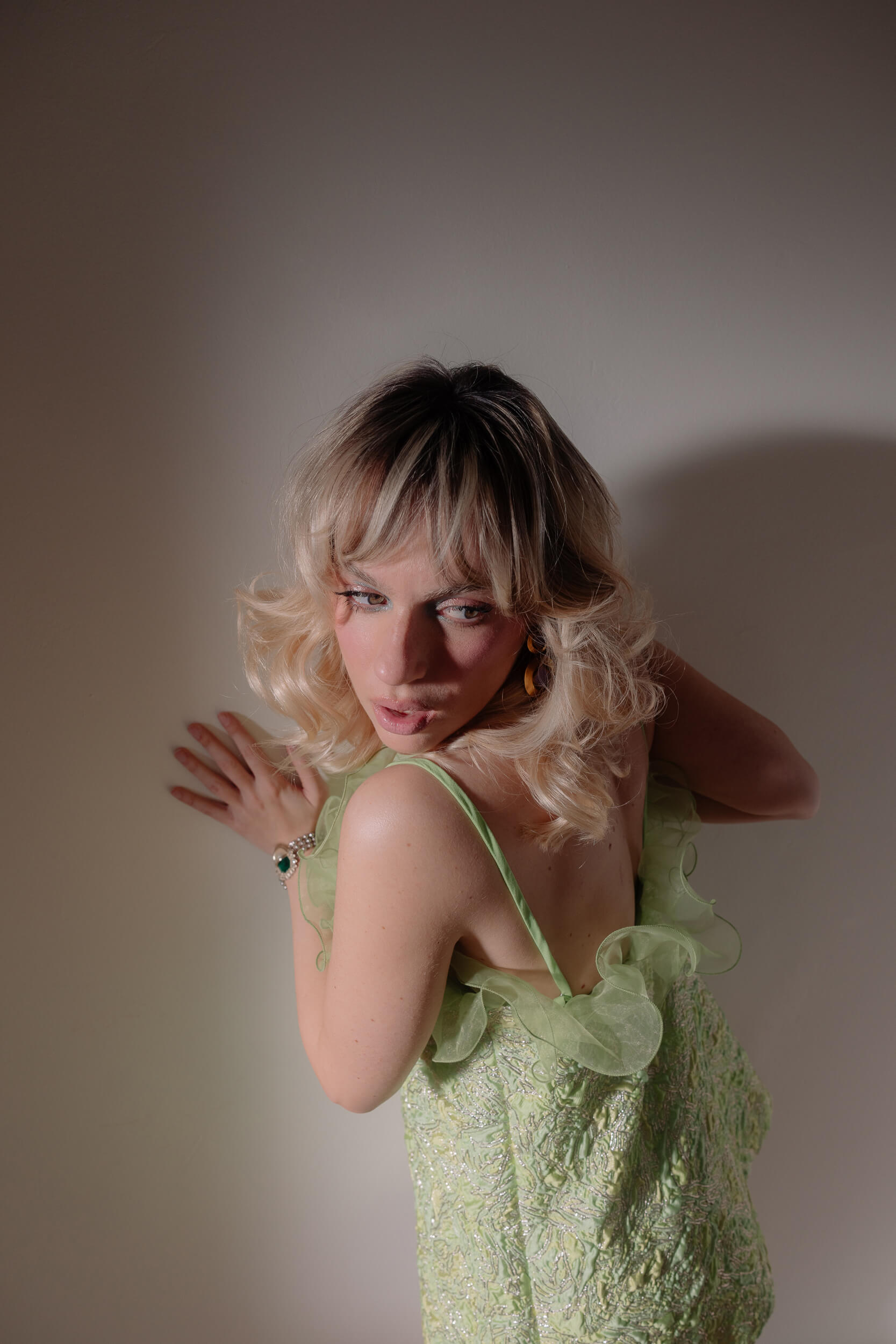
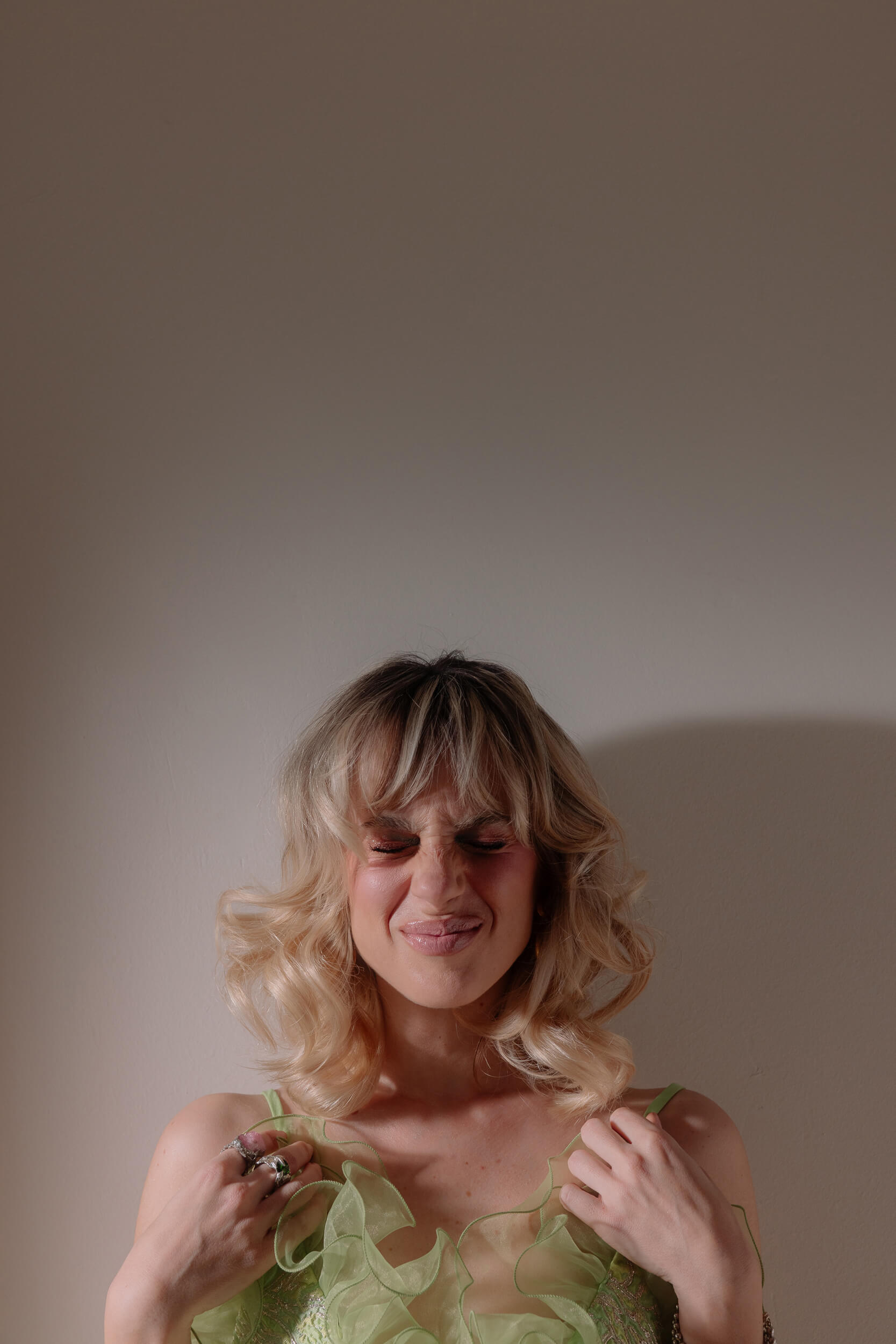
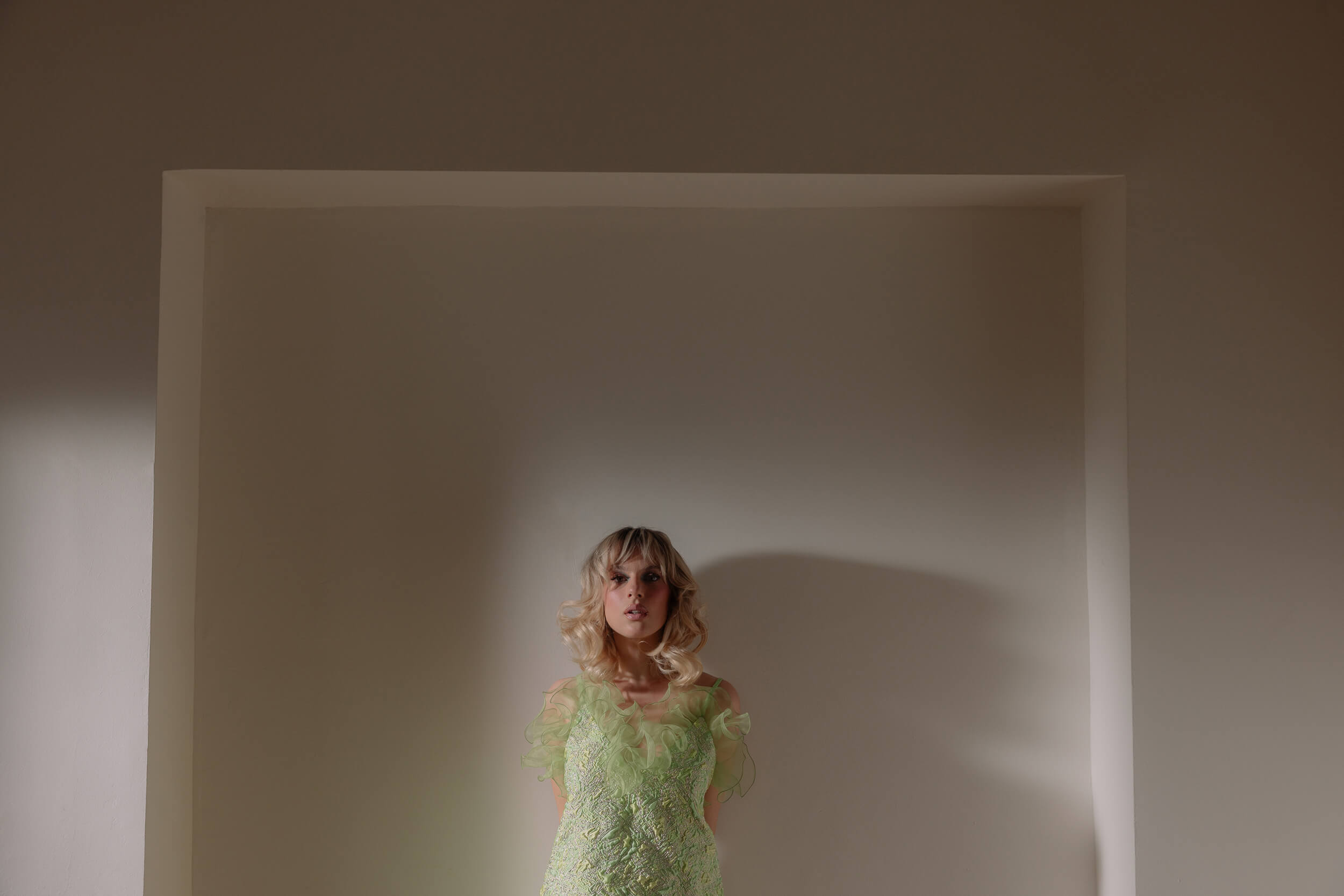
You mentioned the director, Luca Rabotti. How much did he guide you, and how much freedom did he give you to reinterpret Giulietta?
He gave me a lot of freedom. There was a preparation phase with the writers and my co-star Augusto [Mario Russi, Romeo], involving several video calls. But Luca ultimately wanted me to act instinctively. My Giulietta is a free spirit, but she also tries to keep Romeo in check, to maintain balance. She’s rational, but also instinctive when she realizes Romeo is hiding something.
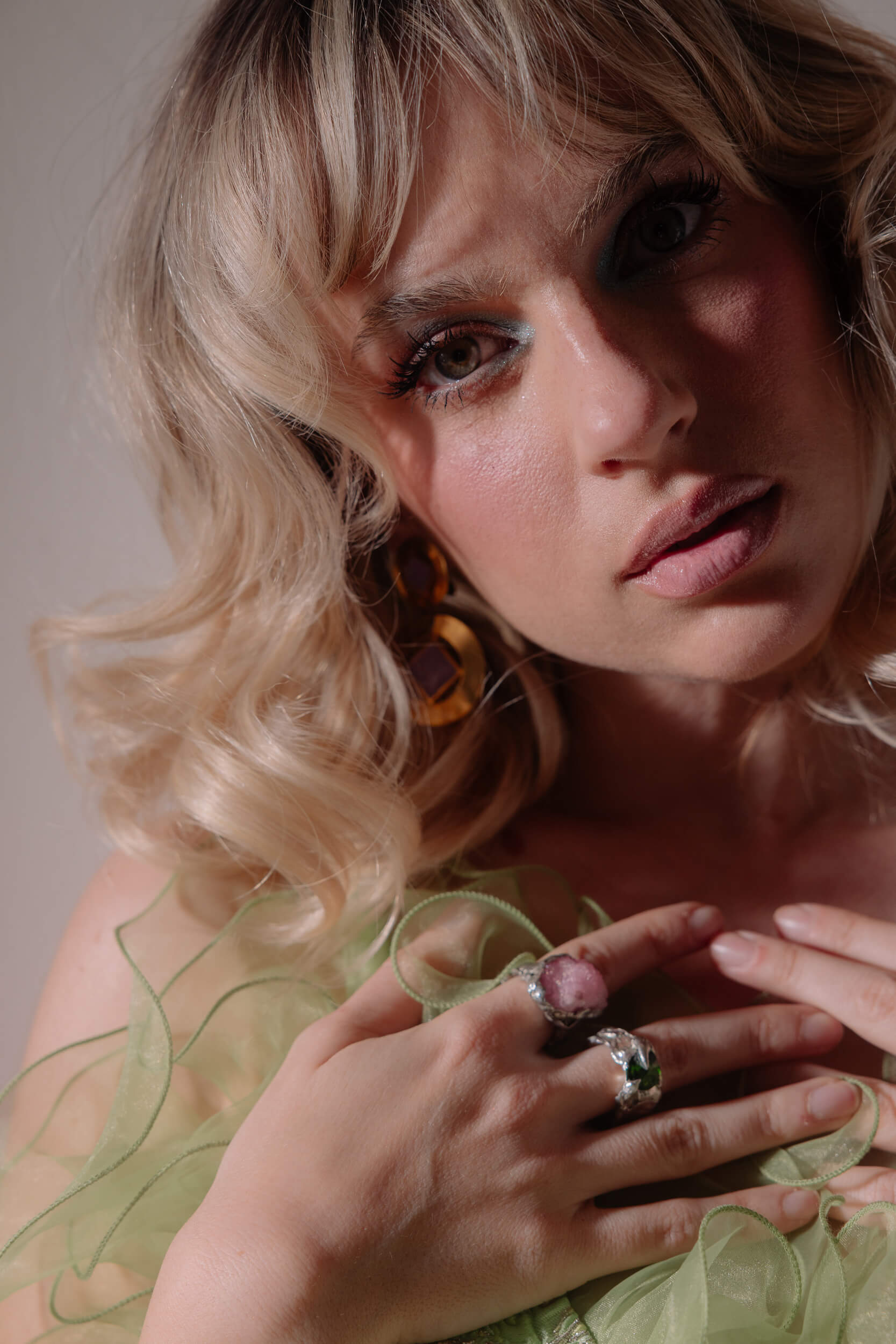
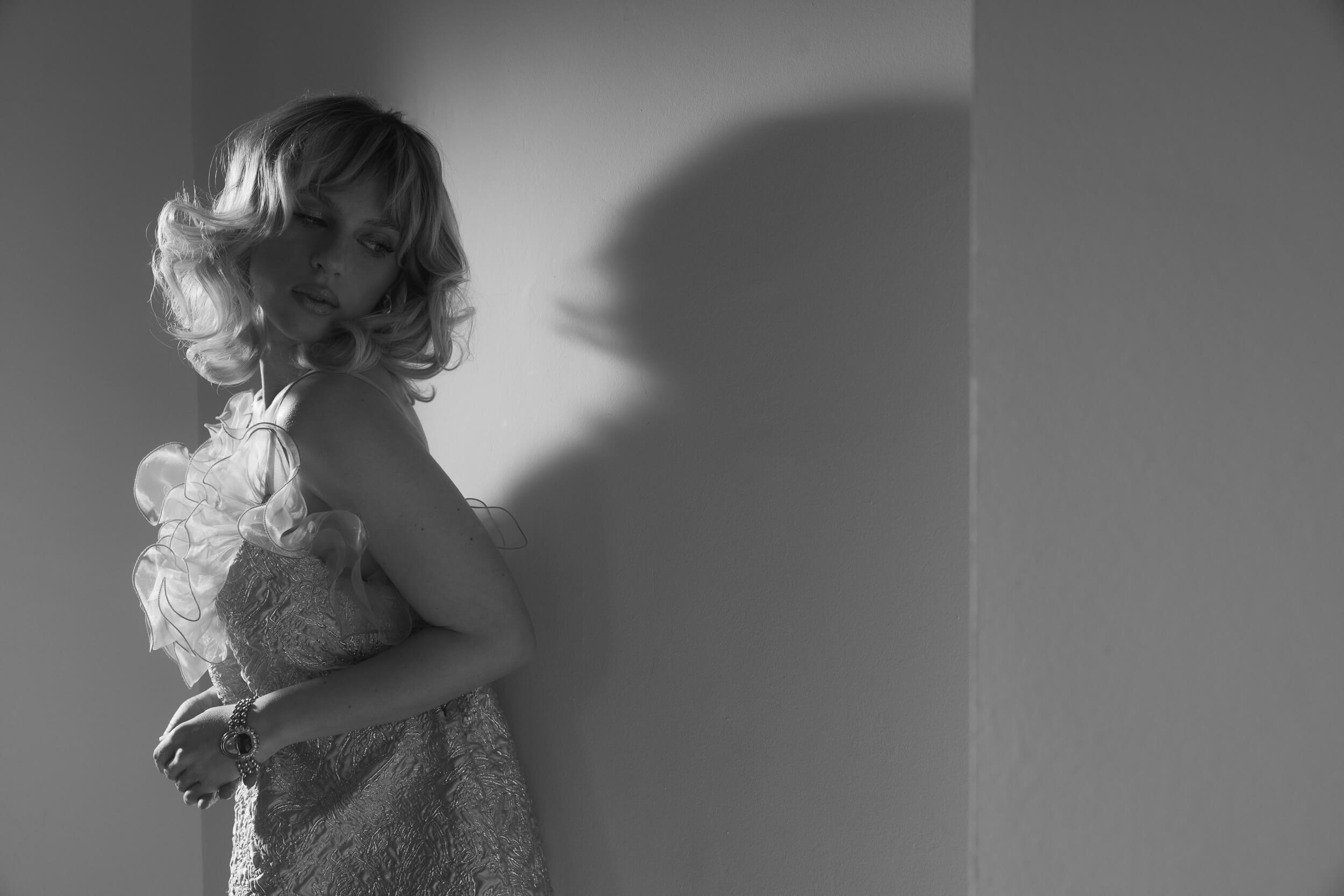
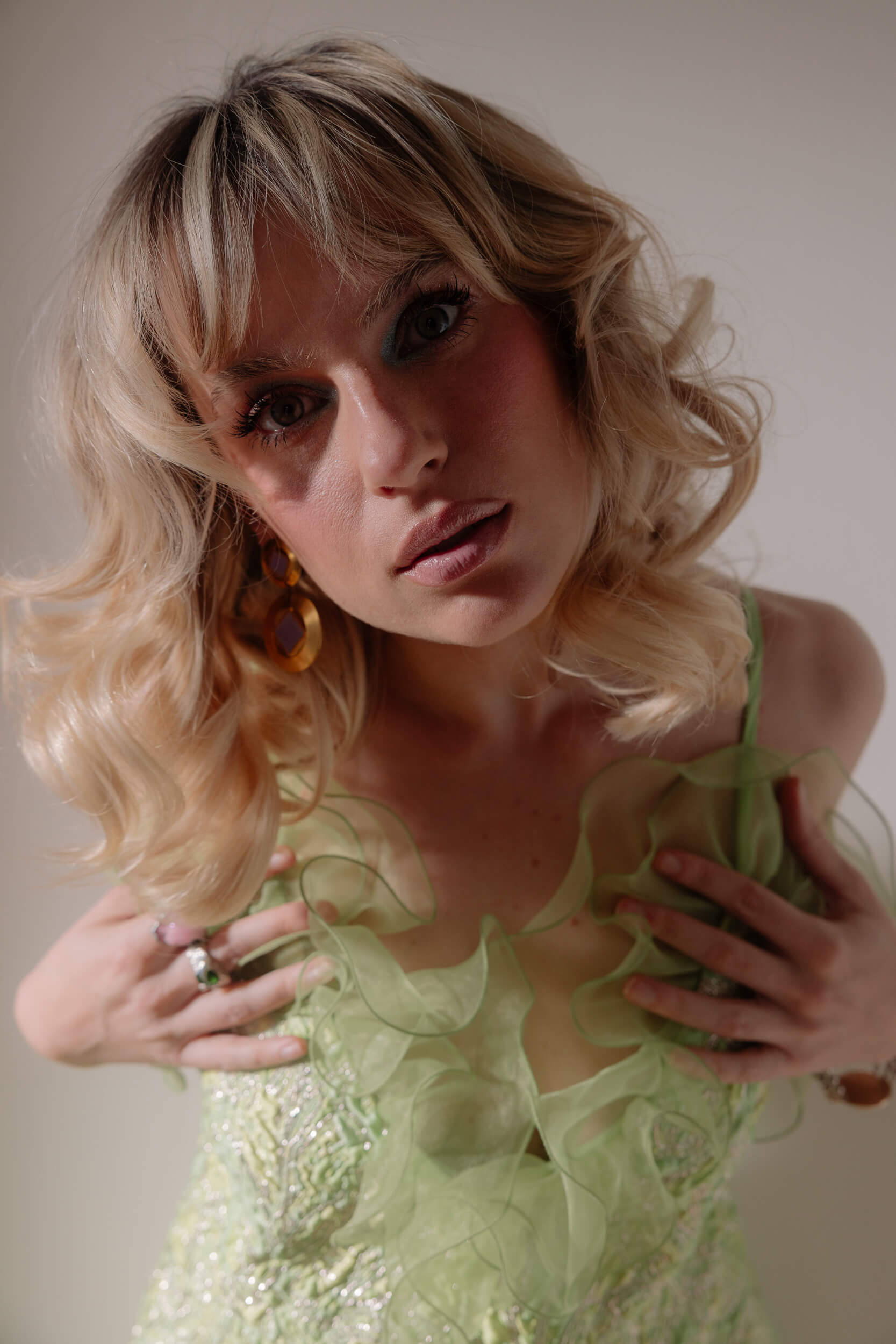
The film uses the body a lot—fights, escapes, passion—as a narrative tool. How does your acting change when the body speaks more than words? Do you enjoy that?
Yes, I actually prefer body language to spoken words. I’m not a very talkative person, so I let my body, eyes, and gaze do the talking. In the films I watch, I love to observe close-ups, how much can be conveyed through micro-expressions. It feels natural to me.
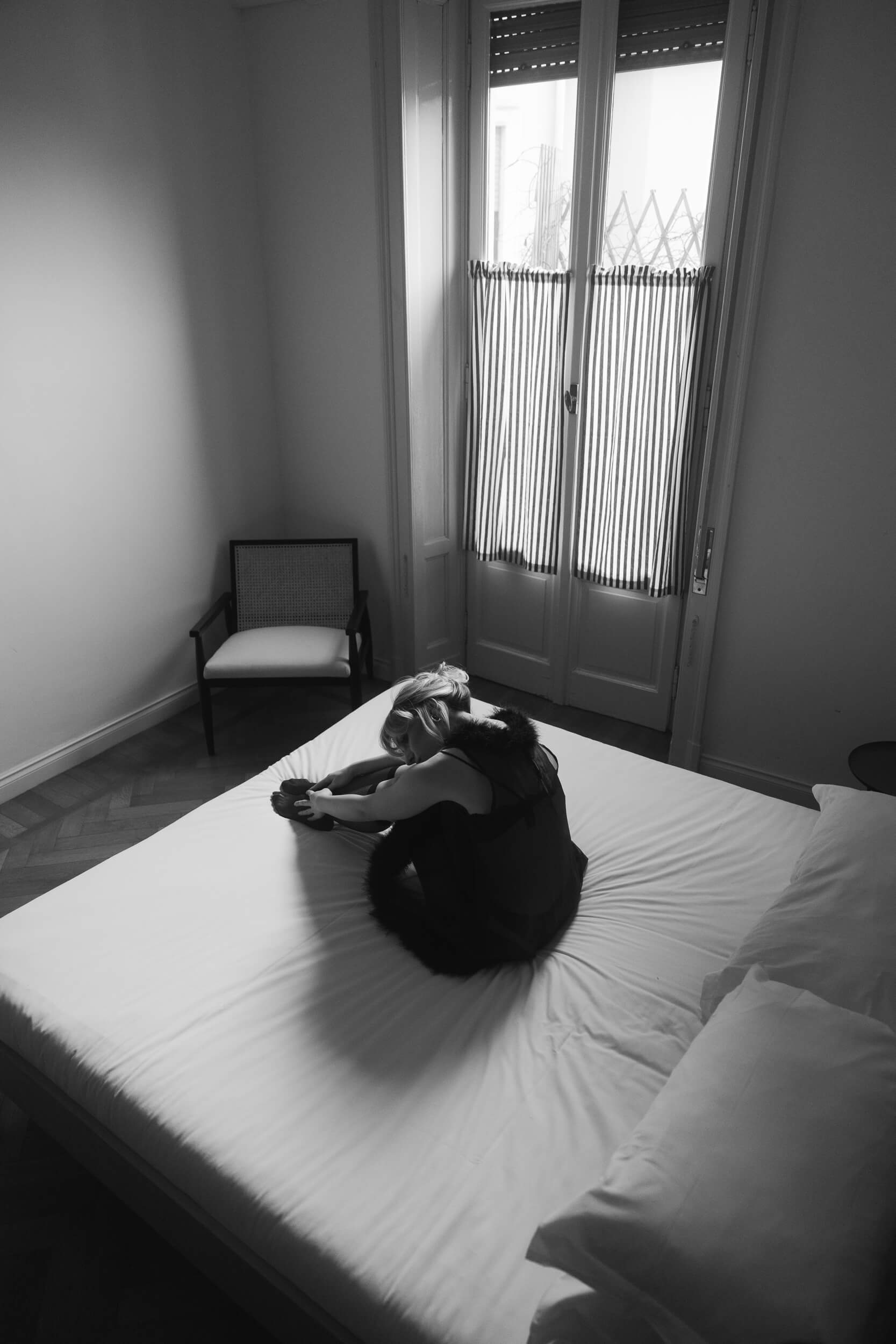
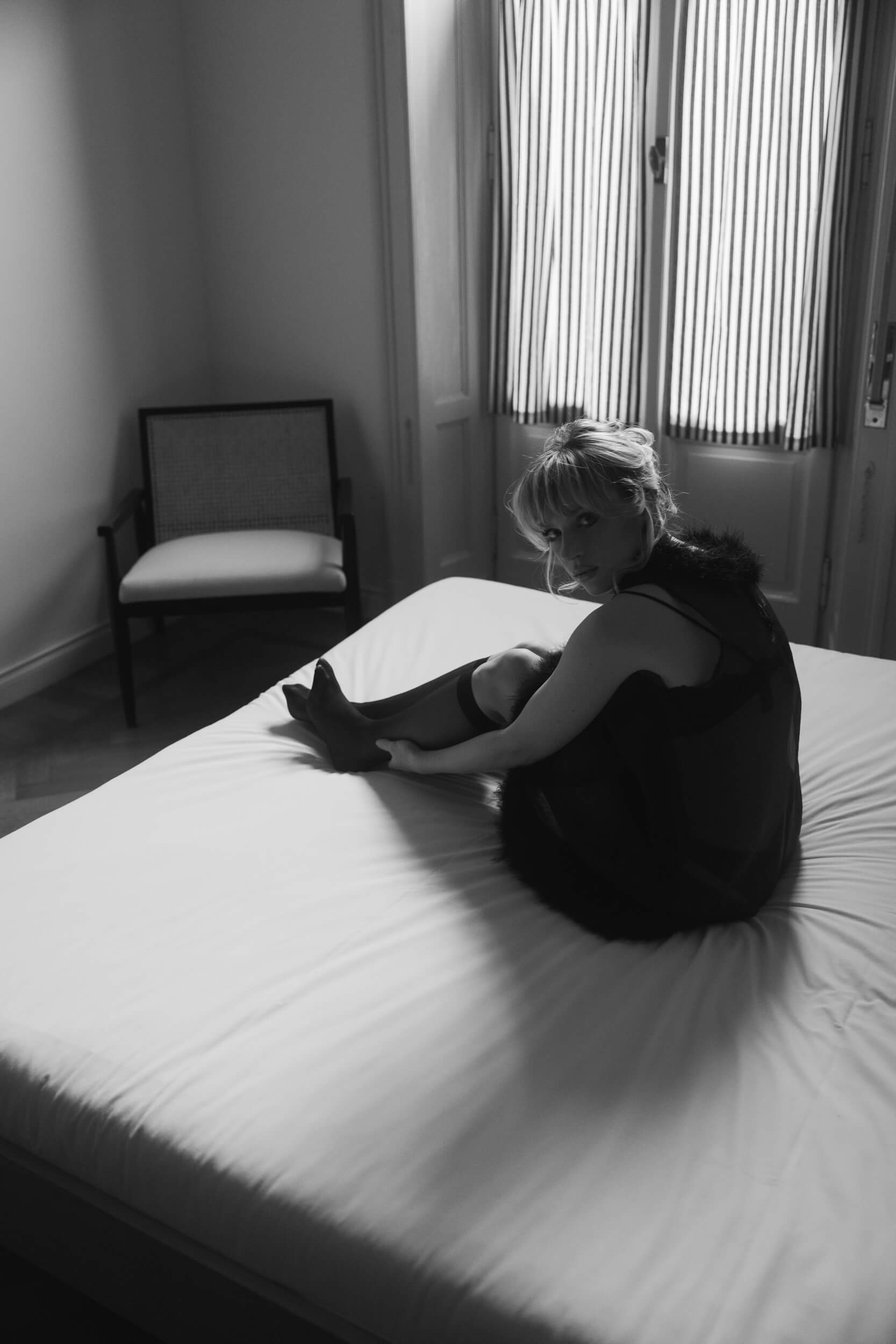
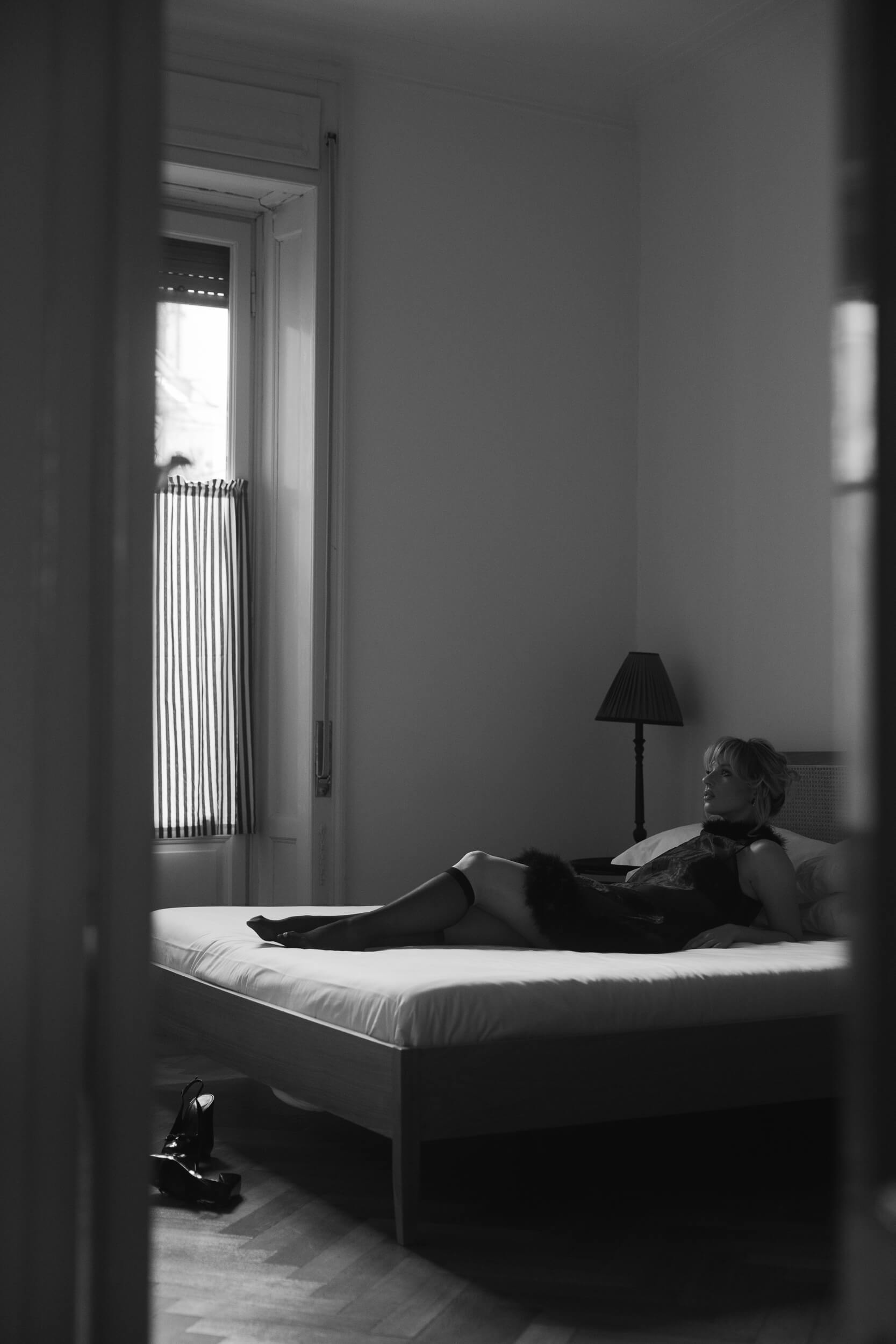
Giulietta is a mother, a lover, a rebel. Which of those aspects resonated most during filming?
I admire people who face their shadows, because that’s where transformation happens: after death comes rebirth.
I saw Giulietta’s will to preserve balance and love, to avoid hurting others. But she’s also a strong woman, who rebels against Romeo when he shows parts of himself she hadn’t seen. I loved that rebellion. I’m drawn to strong, bold, rebellious female characters, like Tarantino’s women. Lately, I’ve become a fan of David Lynch, who gives us strong, dark, but seductively mysterious women.
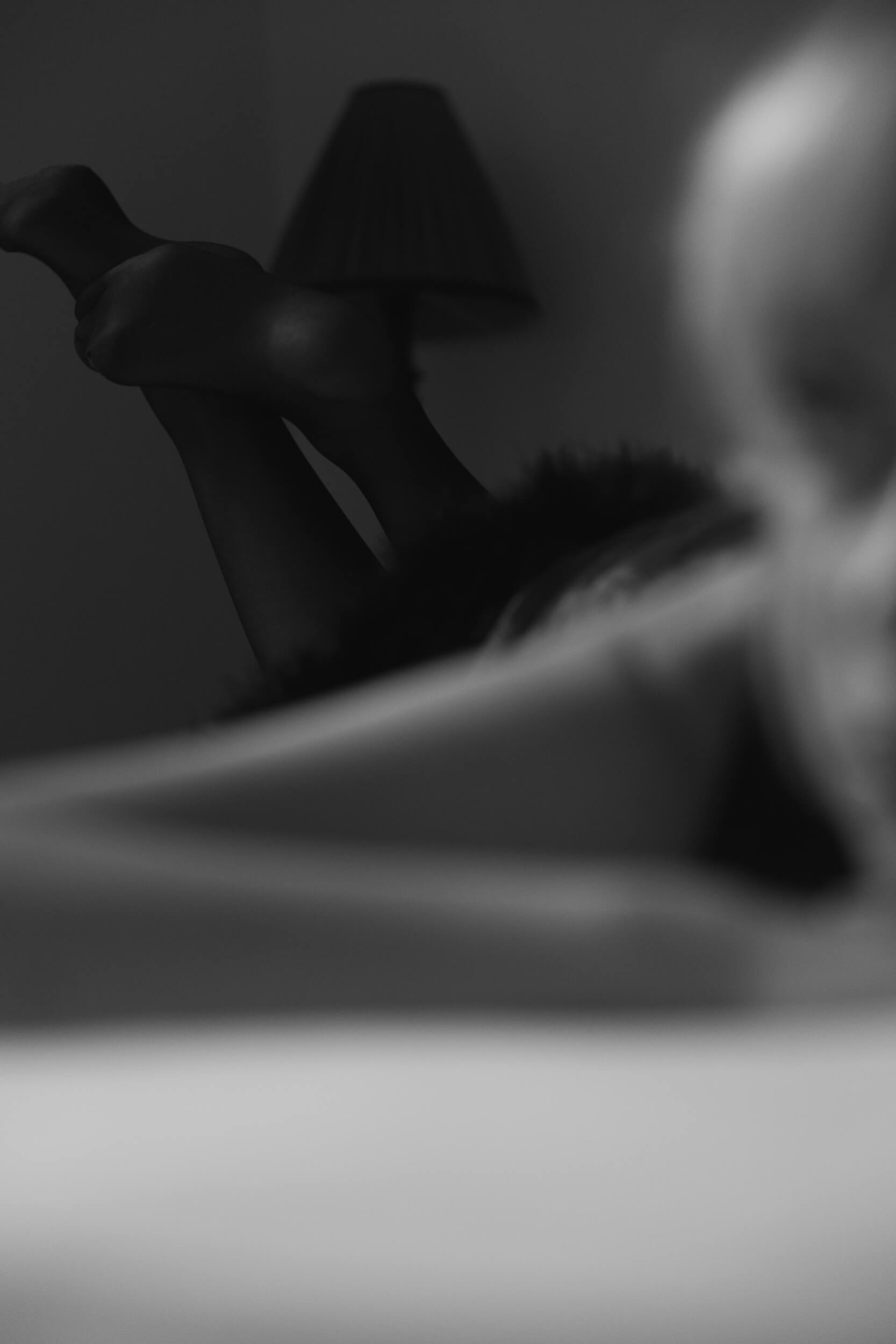
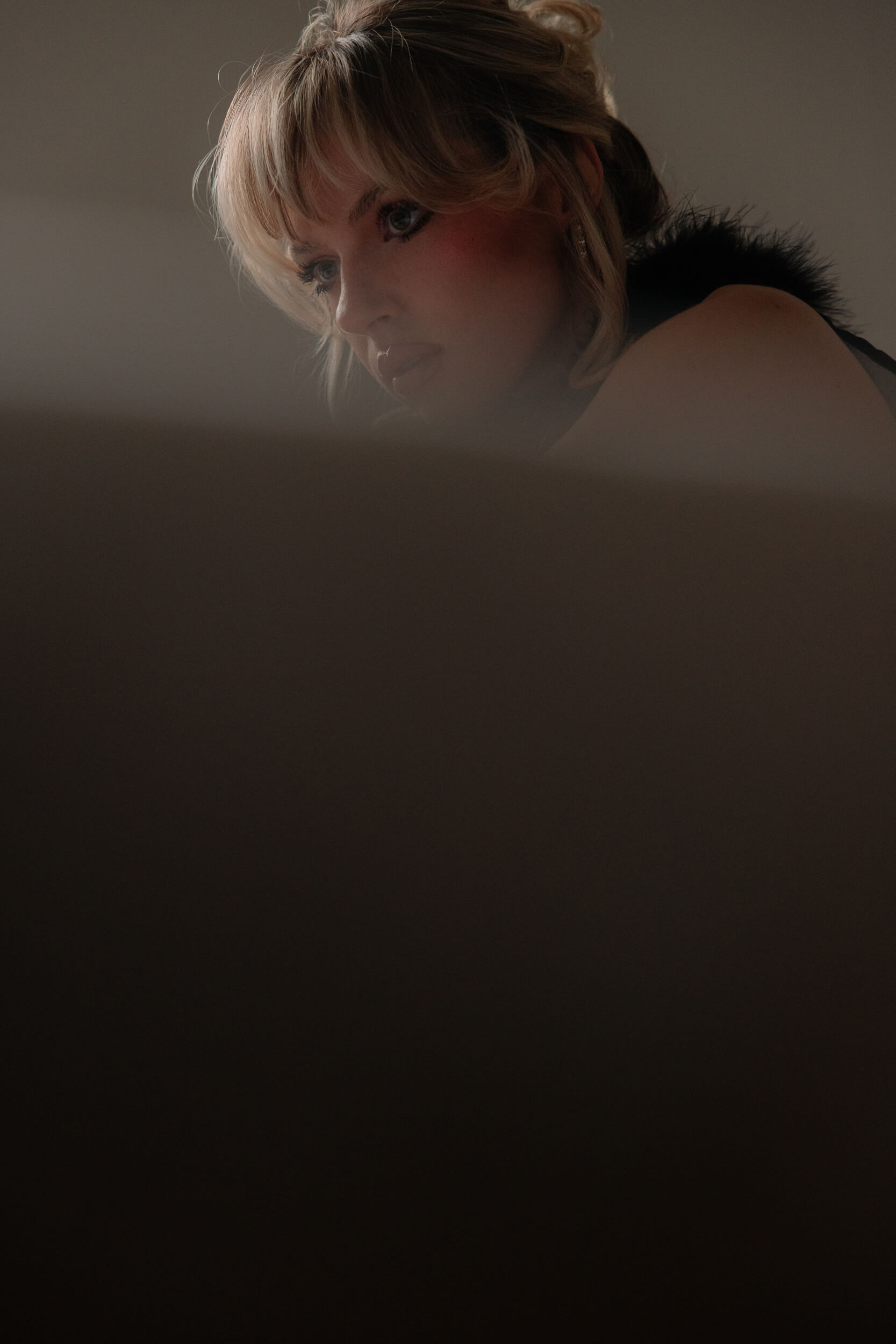
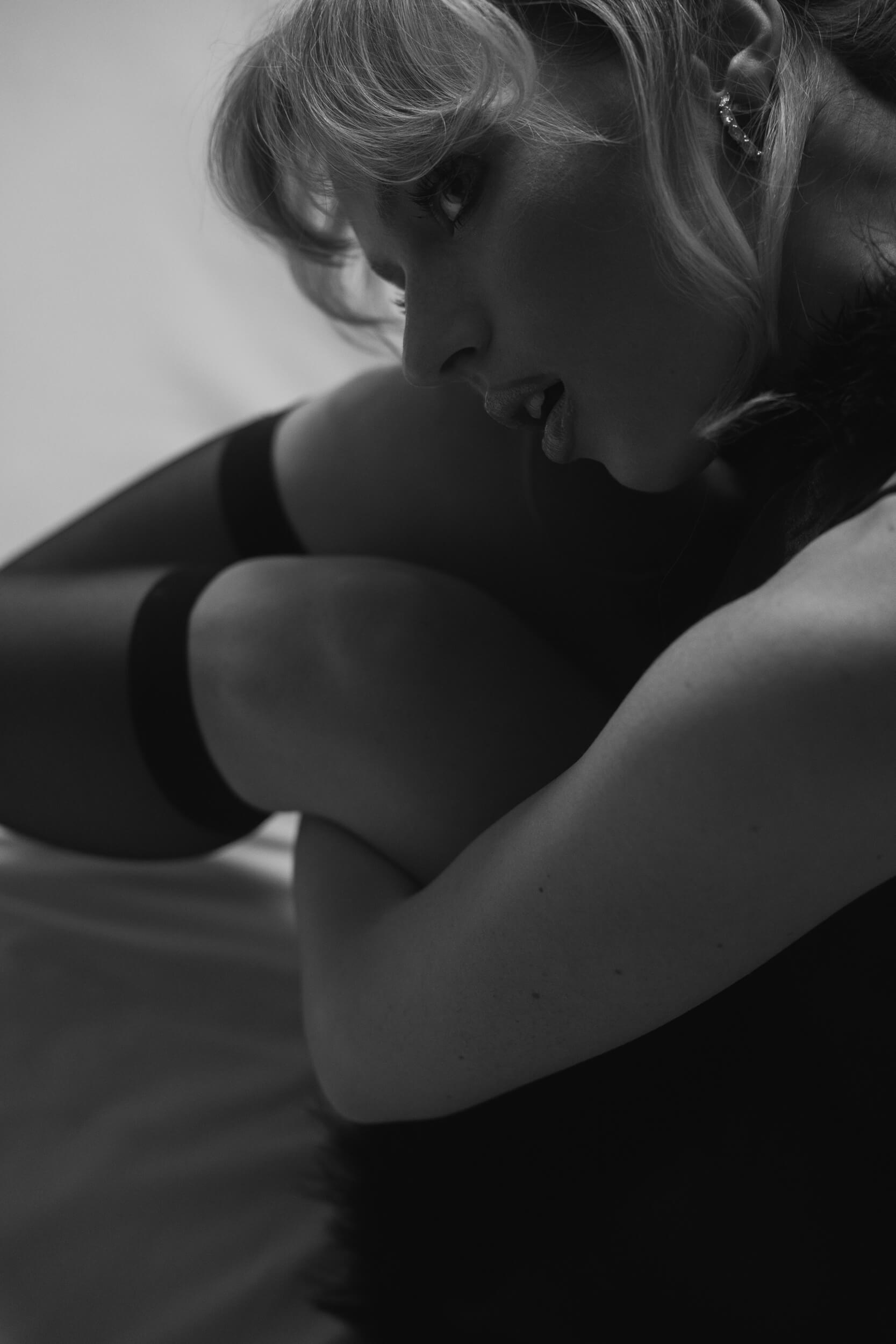
“after death there’s rebirth”
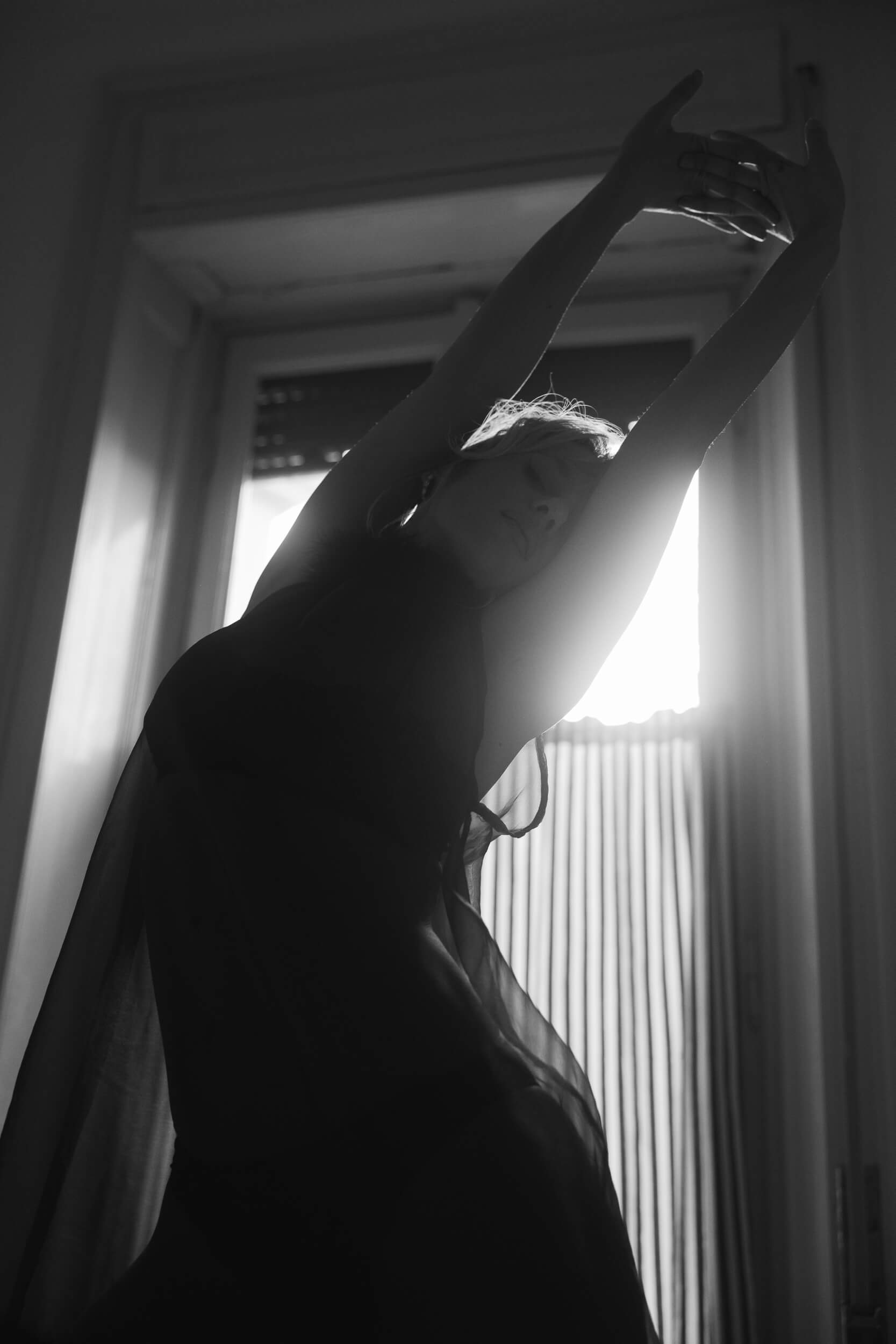
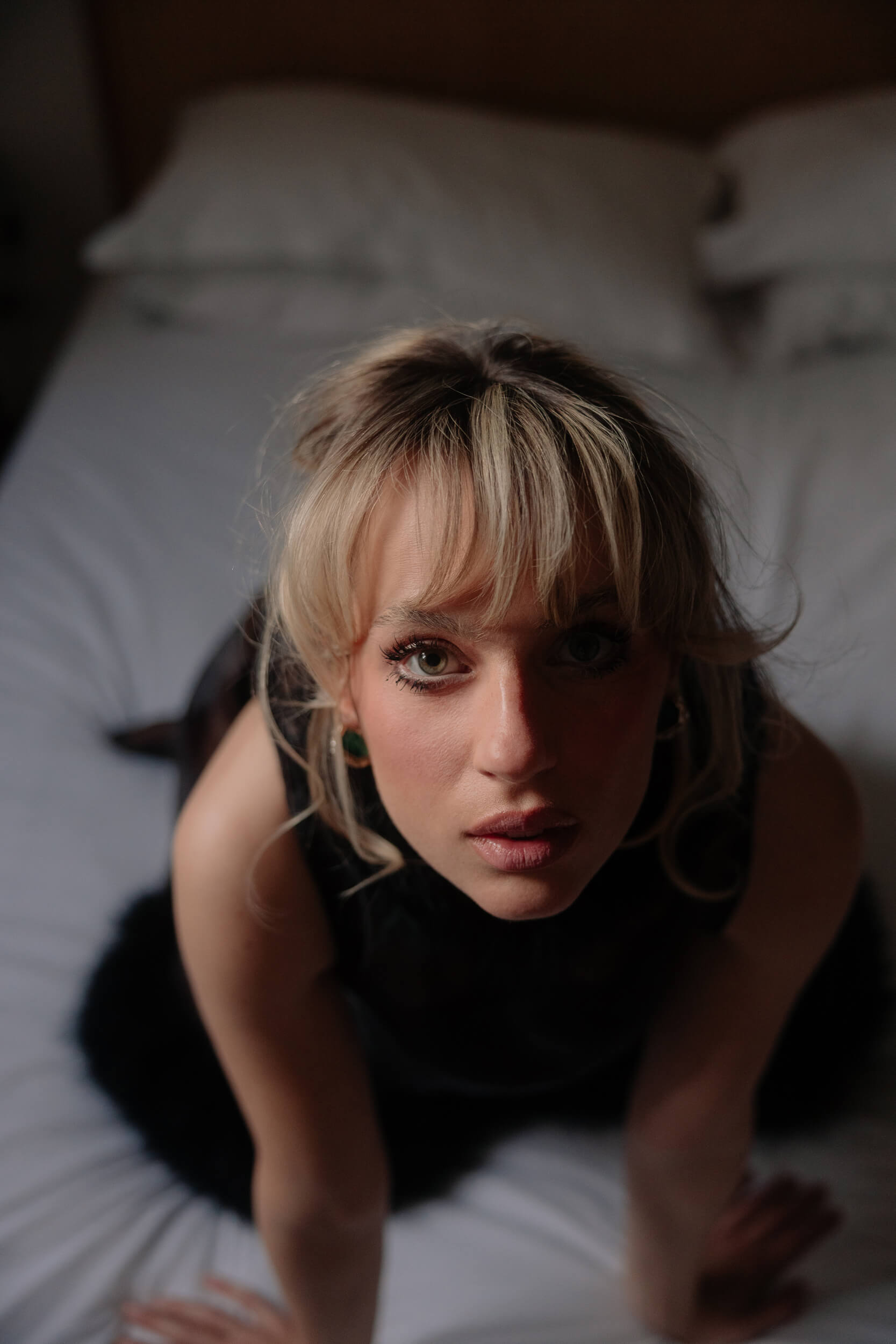
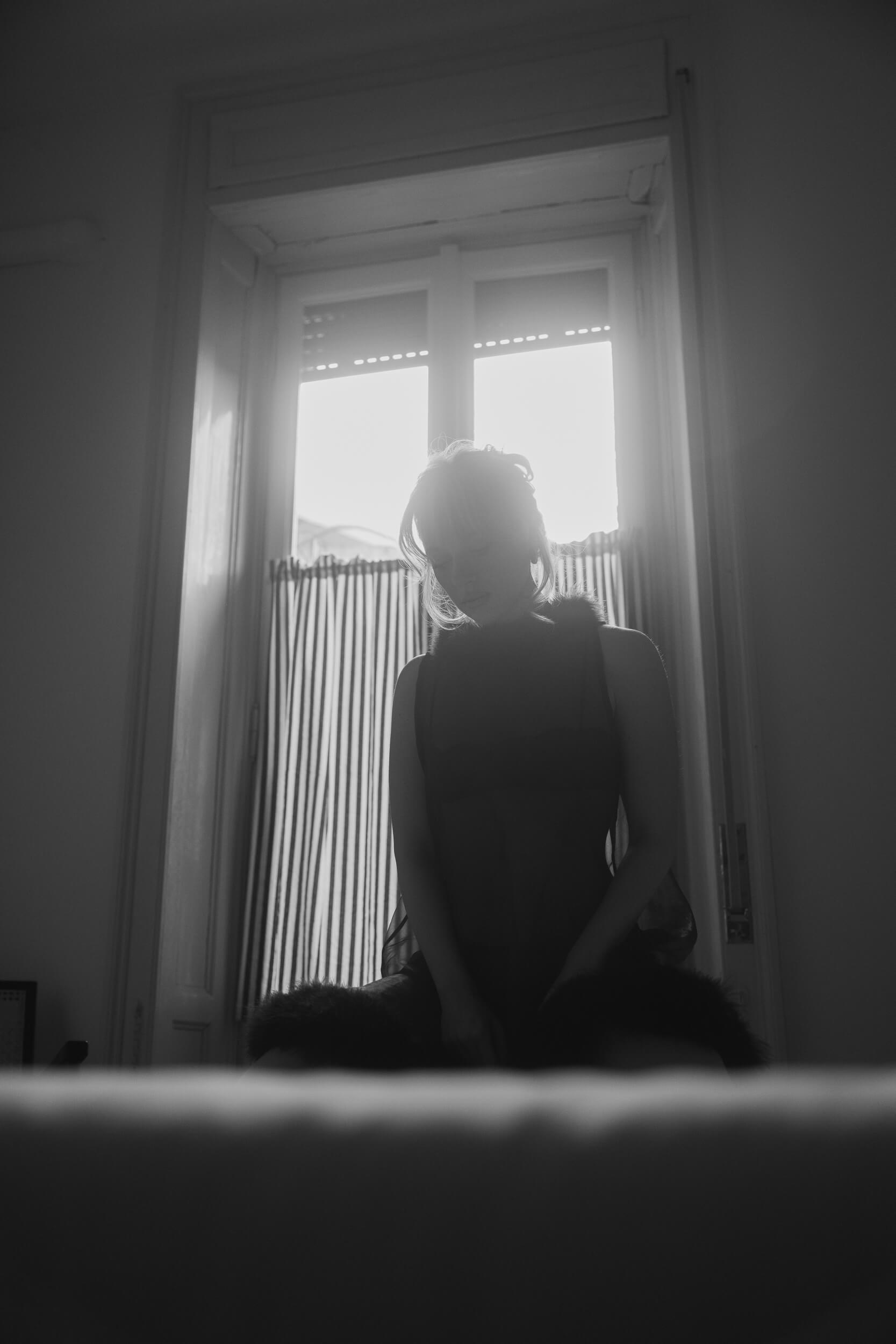
The settings in Cinedramma feel dreamlike—or nightmarish. Was there a moment on set where you felt out of time?
Always! I’m constantly in “my own world.”
I live more in my head than in the real world. I’ve always been fascinated by inner exploration, constantly analyzing myself and others.
This attraction to other eras is one of the reasons I love acting—because I can become someone else, even someone I wish I was. It gives me the excuse to investigate everything, to step into roles that are different from me.
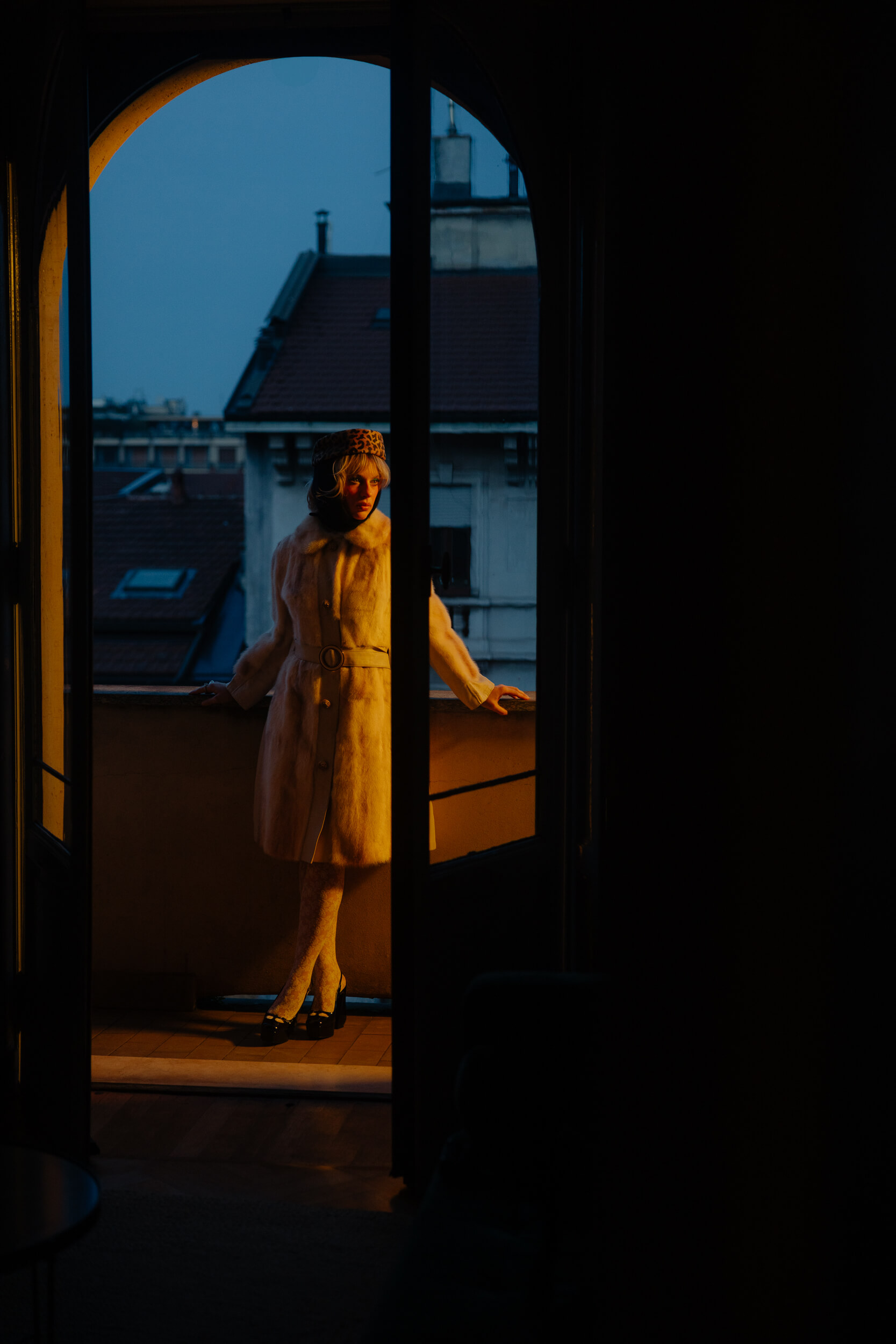
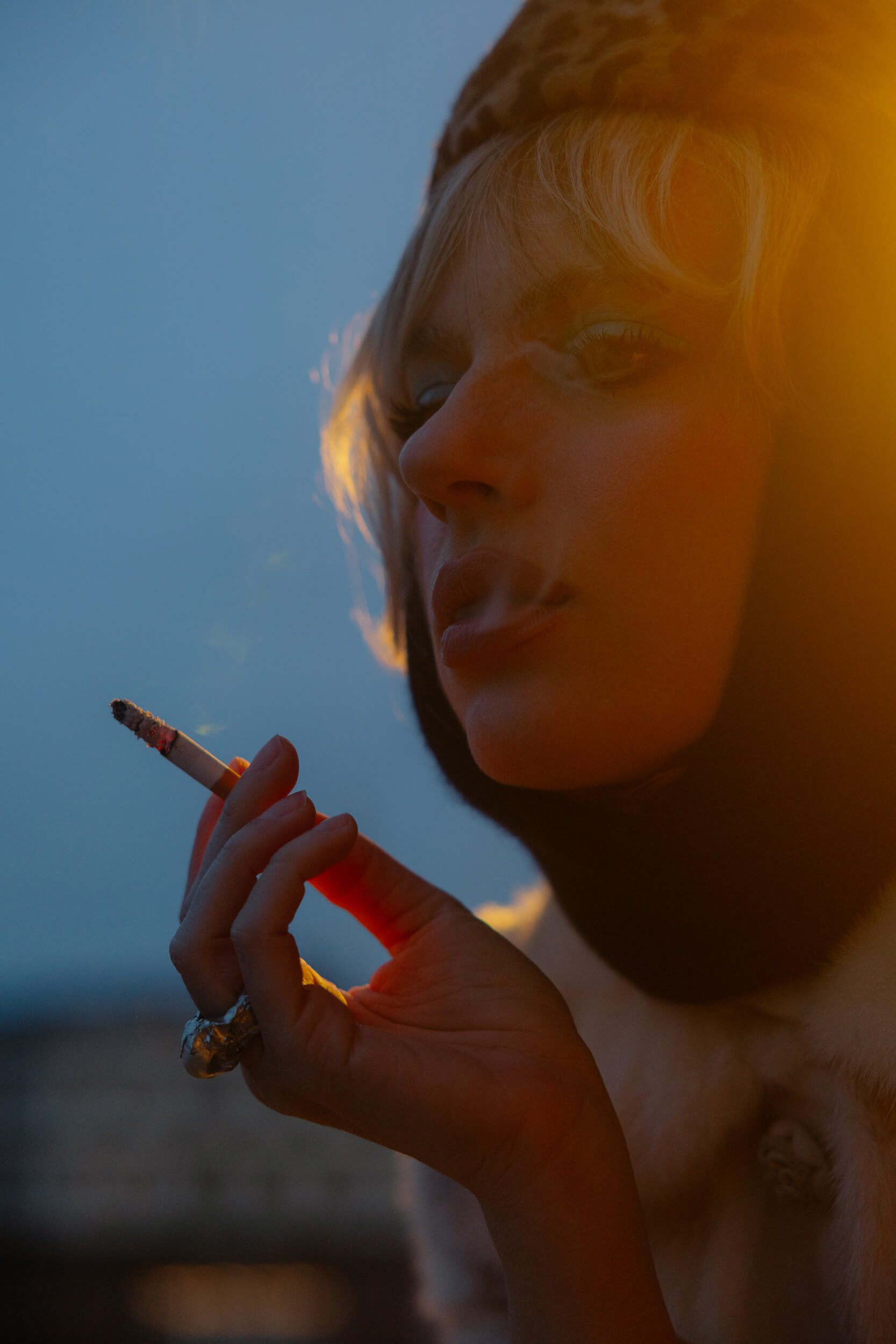
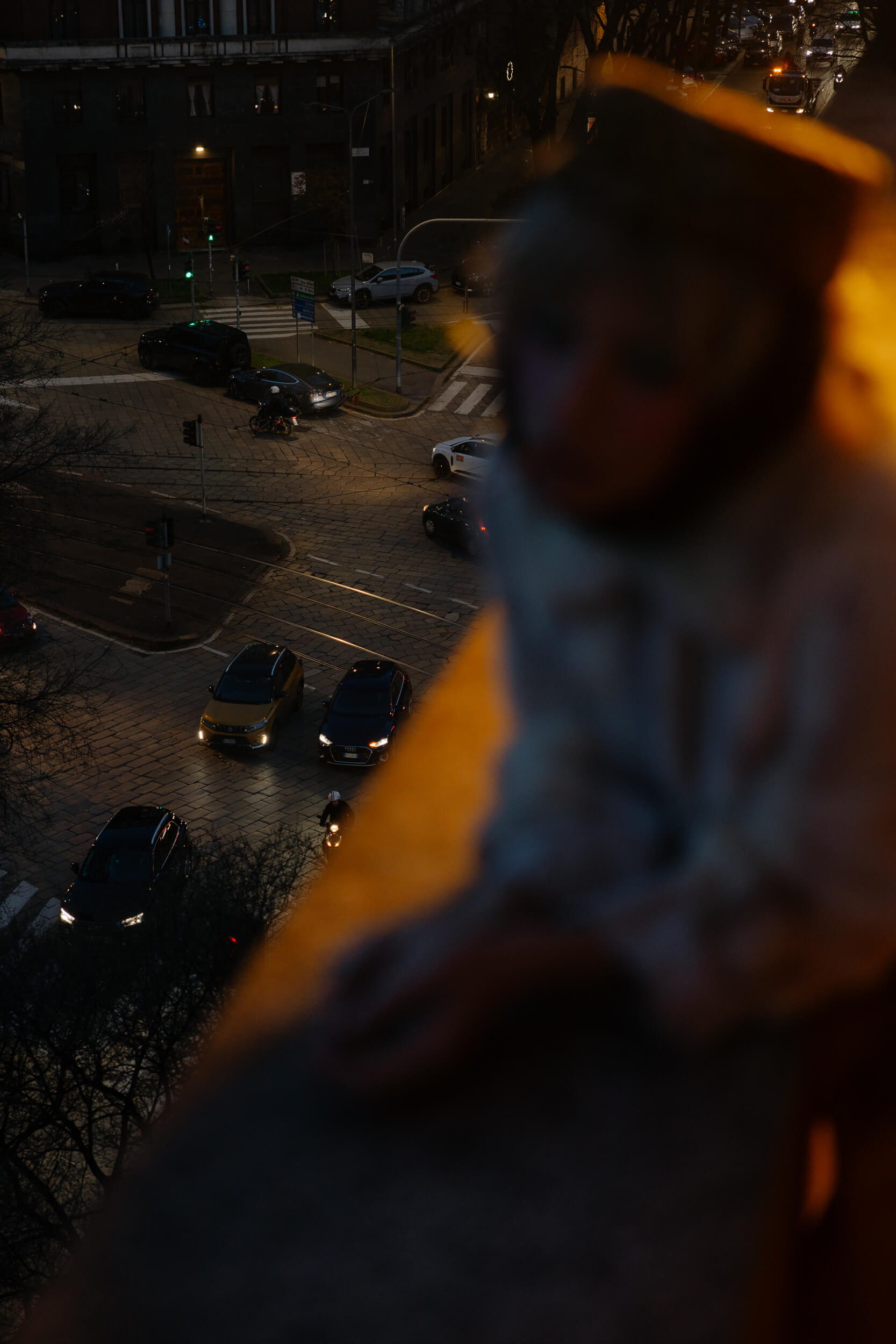
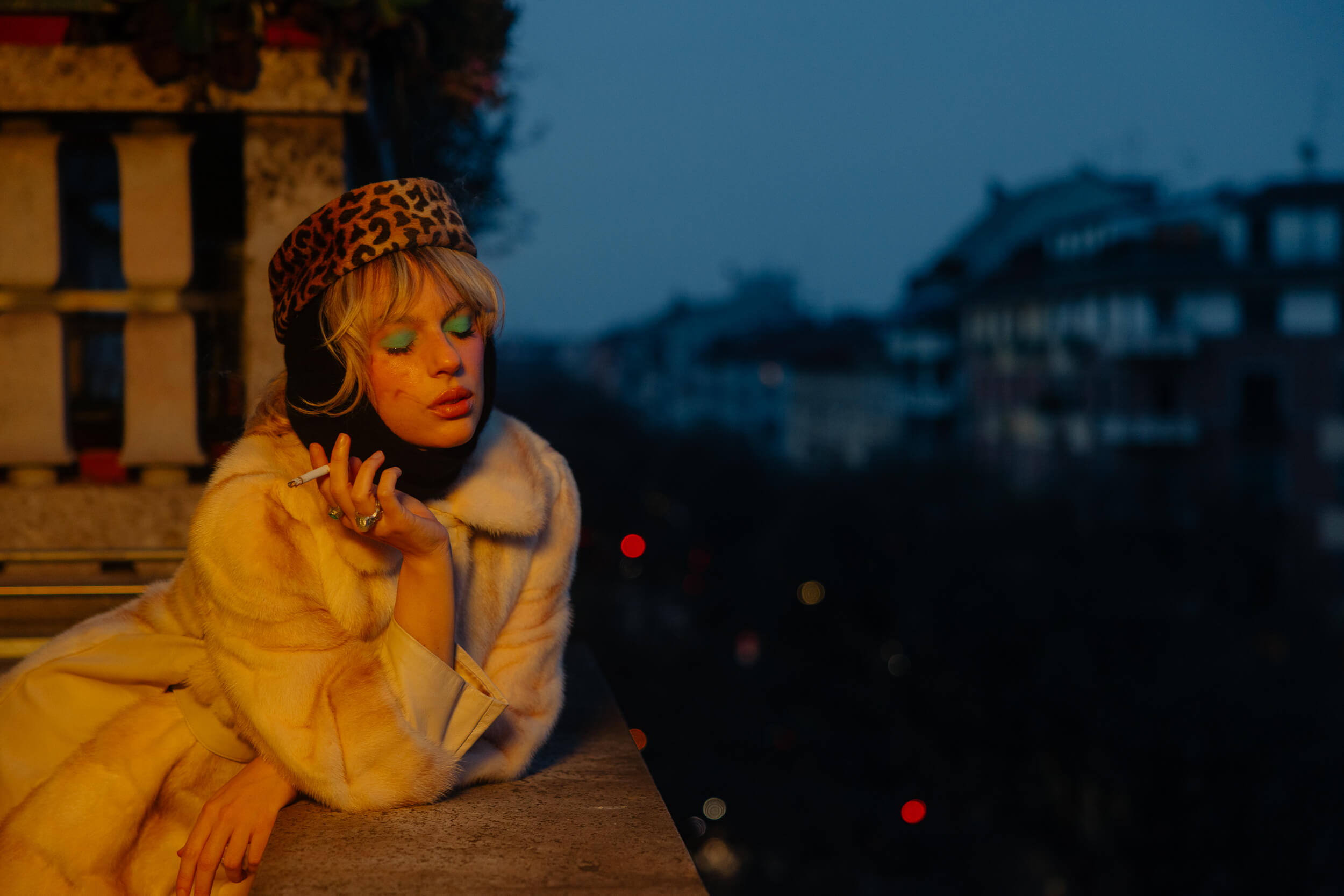
The film is a race toward love, but also toward ruin. Have you ever chased something in life or work with that same urgency?
Yes, definitely—especially in my journey as an actress. I never thought I’d become one. But I felt this urgent desire to explore, to acquire more tools.
After Covid, I decided to move to Rome. It was a hard decision, because I’d lived in Milan for nine years—everything was stable. But I chose Rome to study acting. I stayed with friends for six months, sleeping on a single inflatable mattress in someone’s study! [laughs]
It was tough, and my family thought I’d lost it. But I had a fire inside, for the first time I felt I was doing something for myself.
All my previous choices were influenced by others, by practicality, by “the least-worst option.” Rome was my liberation, a turning point few people understood. I discovered a crazy side of me I hadn’t known.
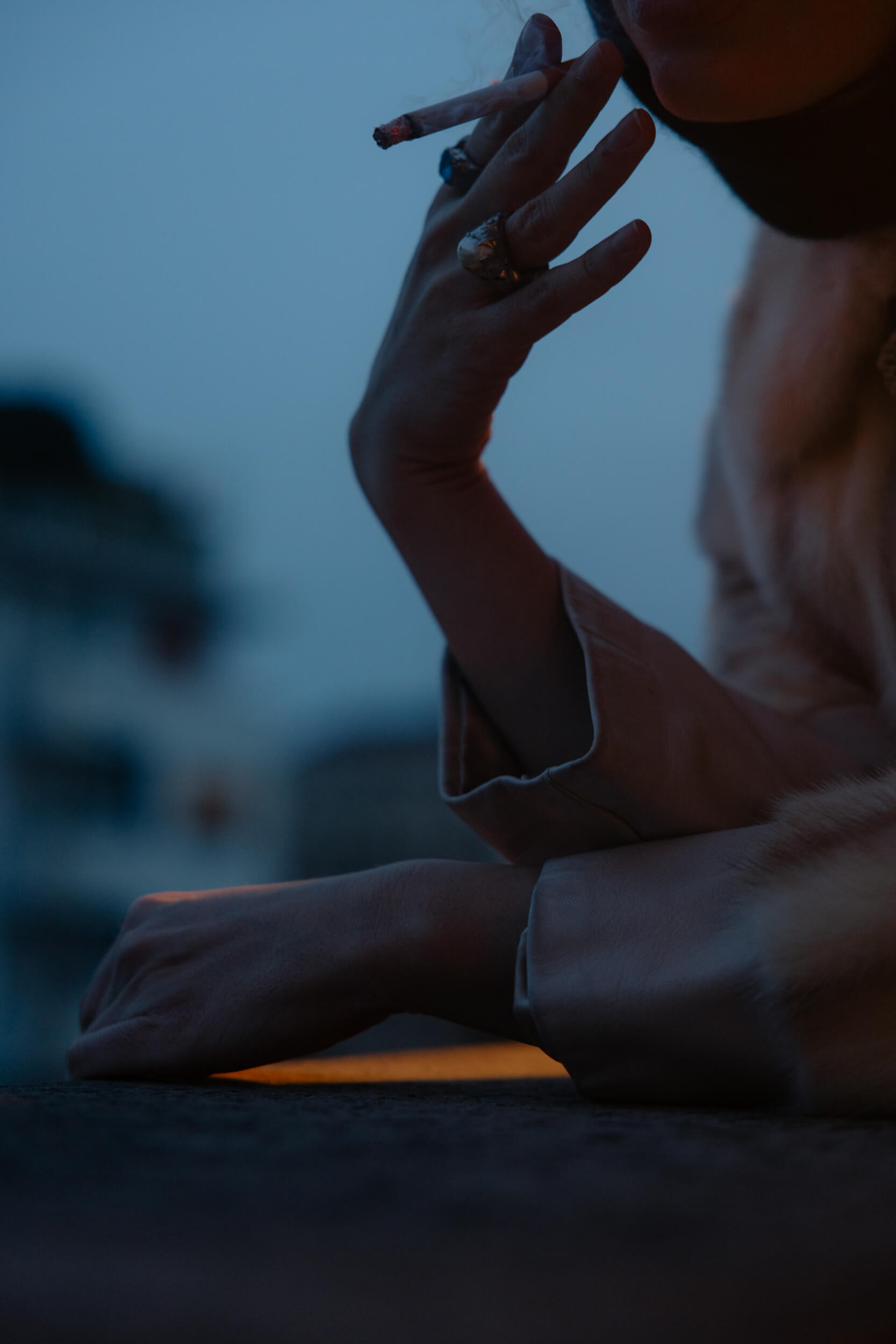
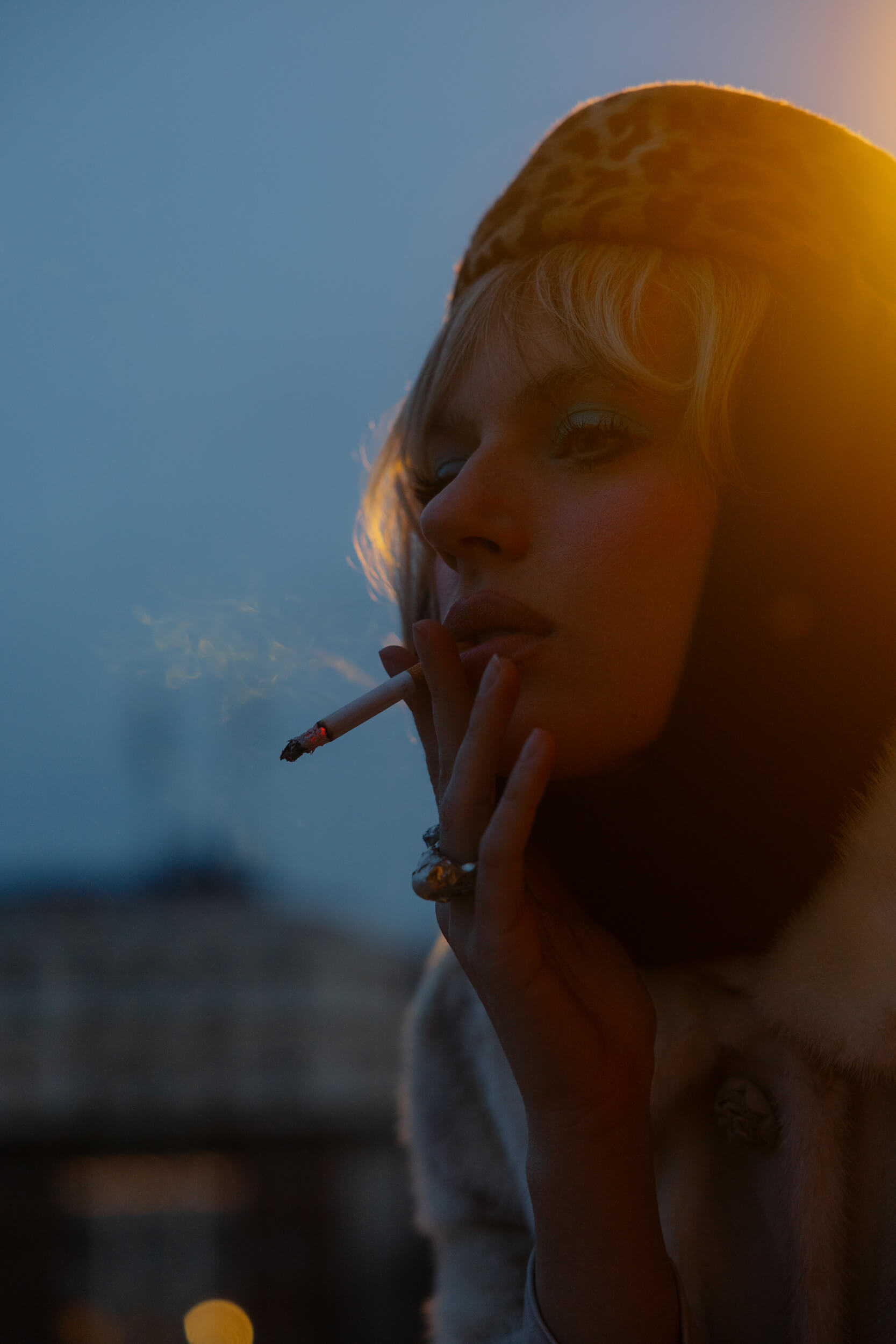
I imagine every artistic project teaches you something new about yourself. What’s the last thing you discovered?
I was on the set of a Bunker 44 music video in Lanzarote. Each girl had to play a real band member. While others wore revealing outfits, I wore oversized tracksuits—huge pants, big shirts. Everyone assumed I’d feel unflattered, but I didn’t care. I’m an actress. It was stimulating to play someone so different from me.
That transformative aspect is what I love about acting.
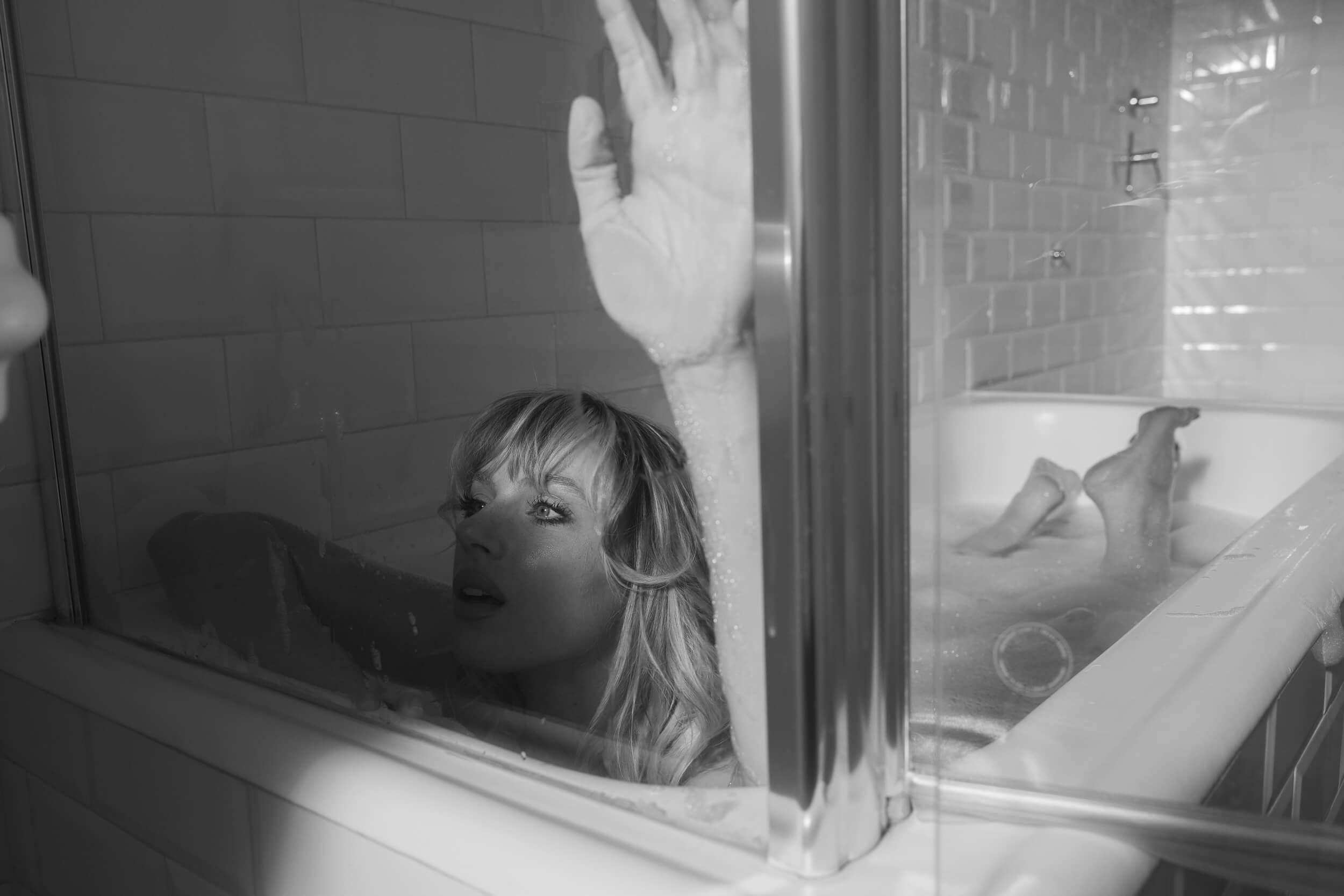
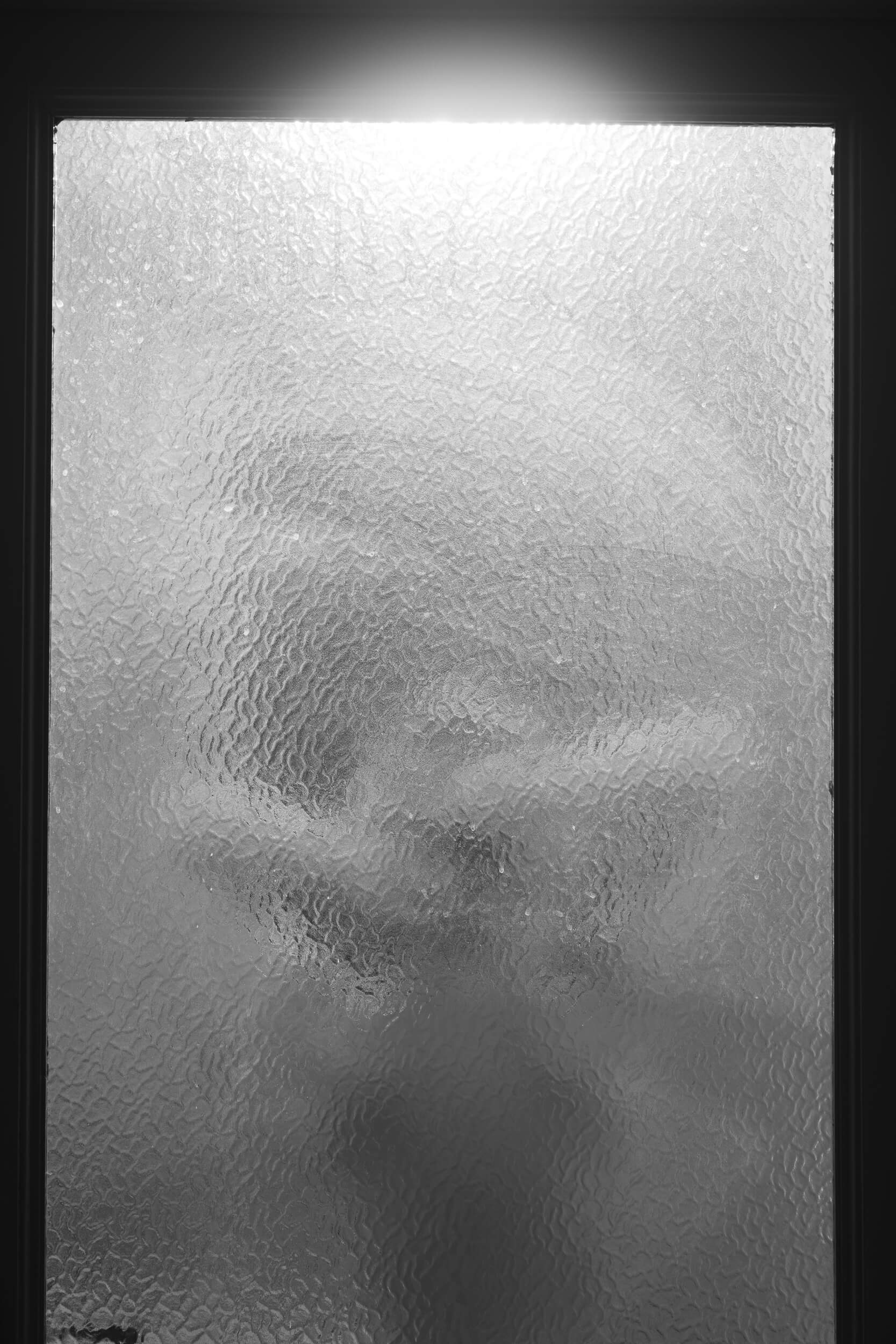
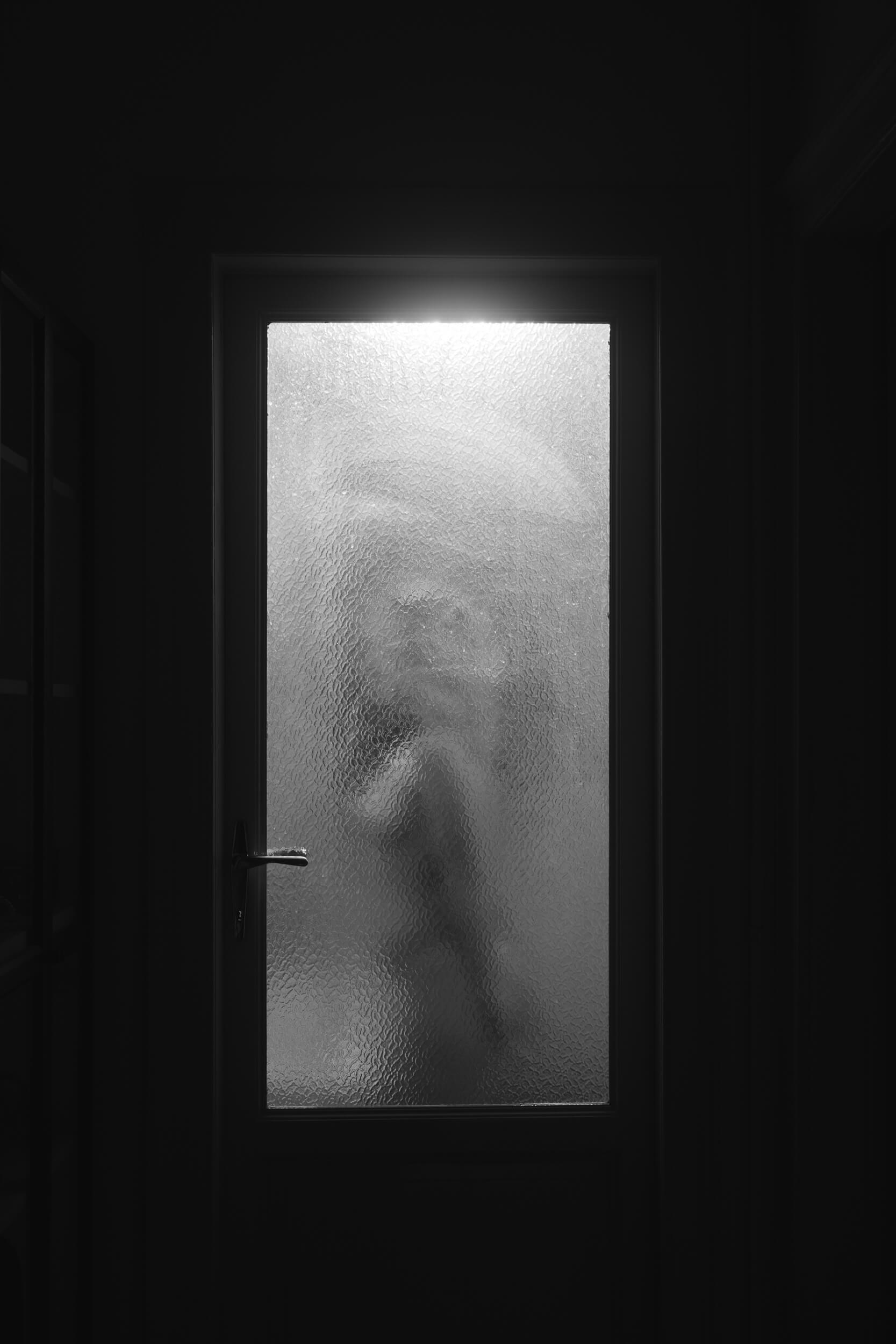
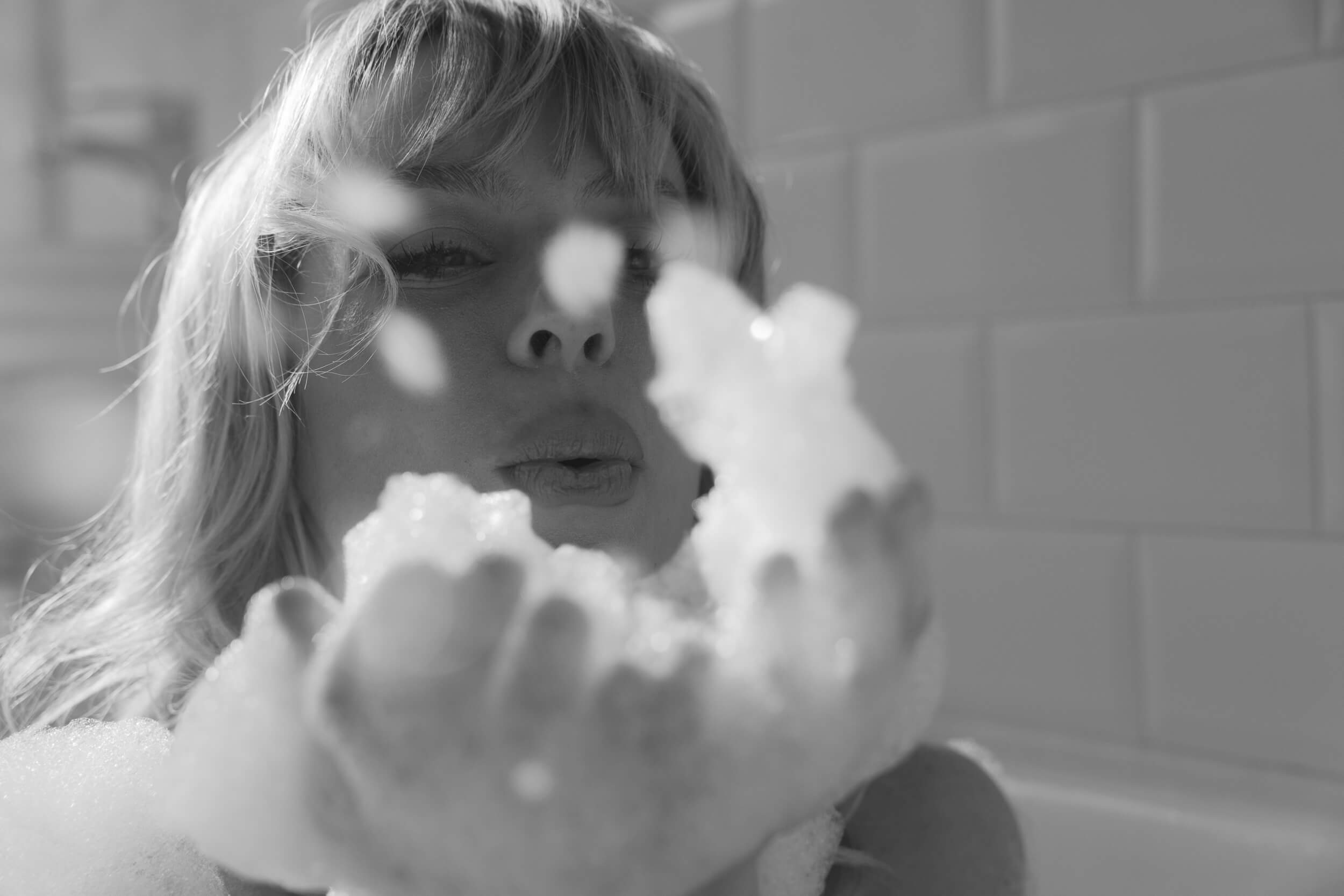
I also think about my brief role in Supersex—my first experience. It was a wild set, everyone was naked and chill. I thought, “When will I ever get to play a porn actress again on such a wild set?”
I felt completely comfortable, unexpectedly. I had some anxiety about my body, but it vanished instantly. And I realized those are the roles I love—bold, opposite of me, challenging.
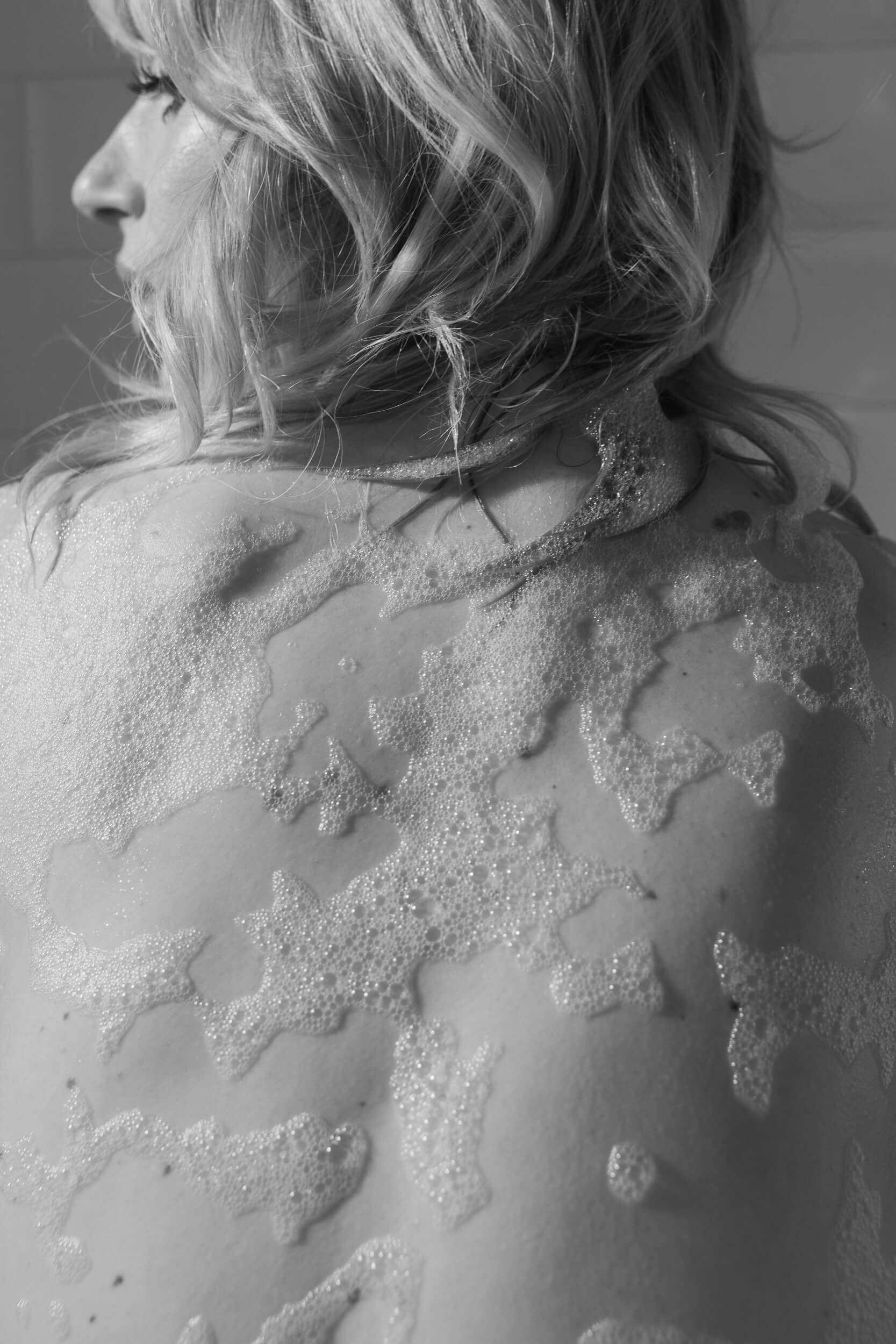
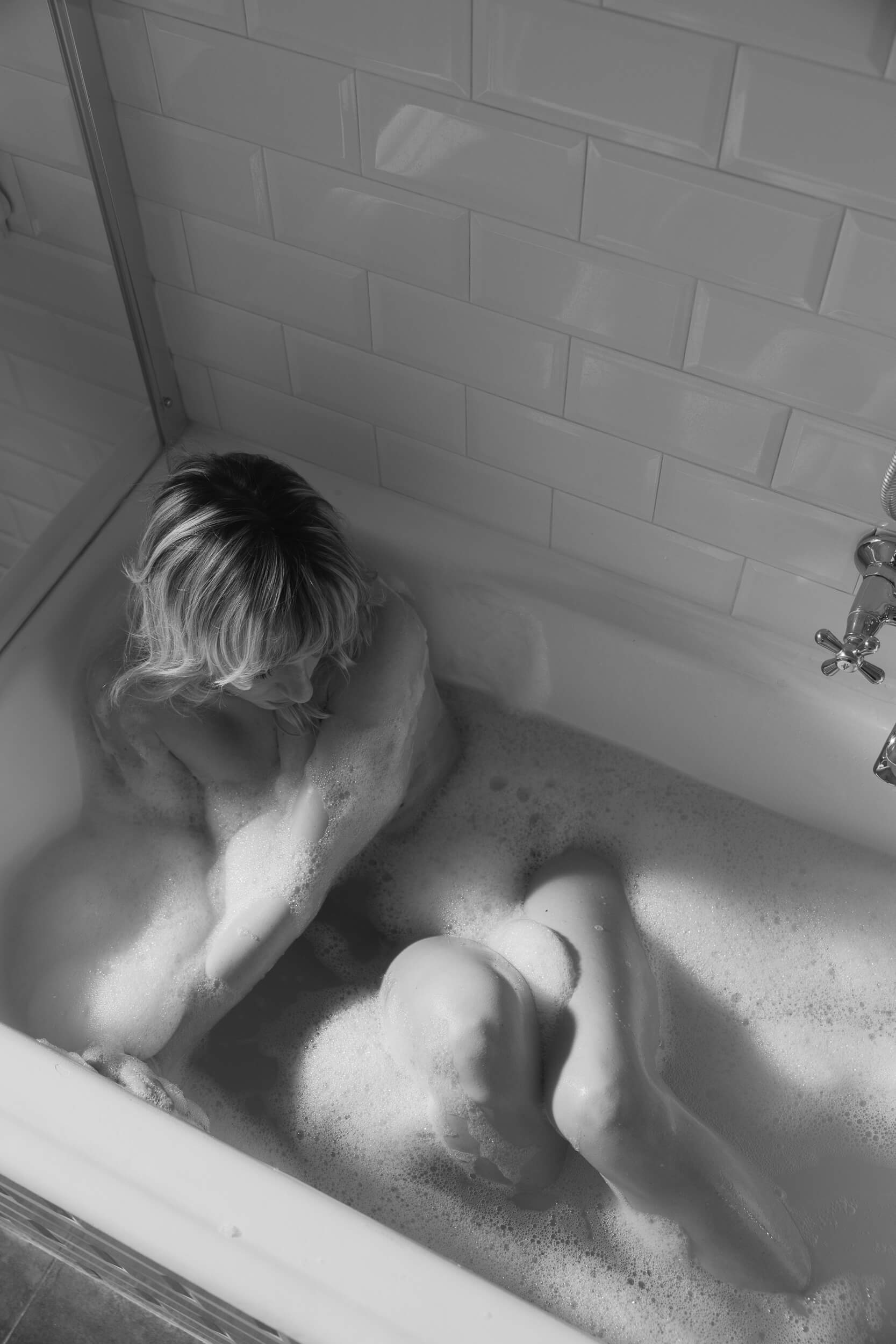
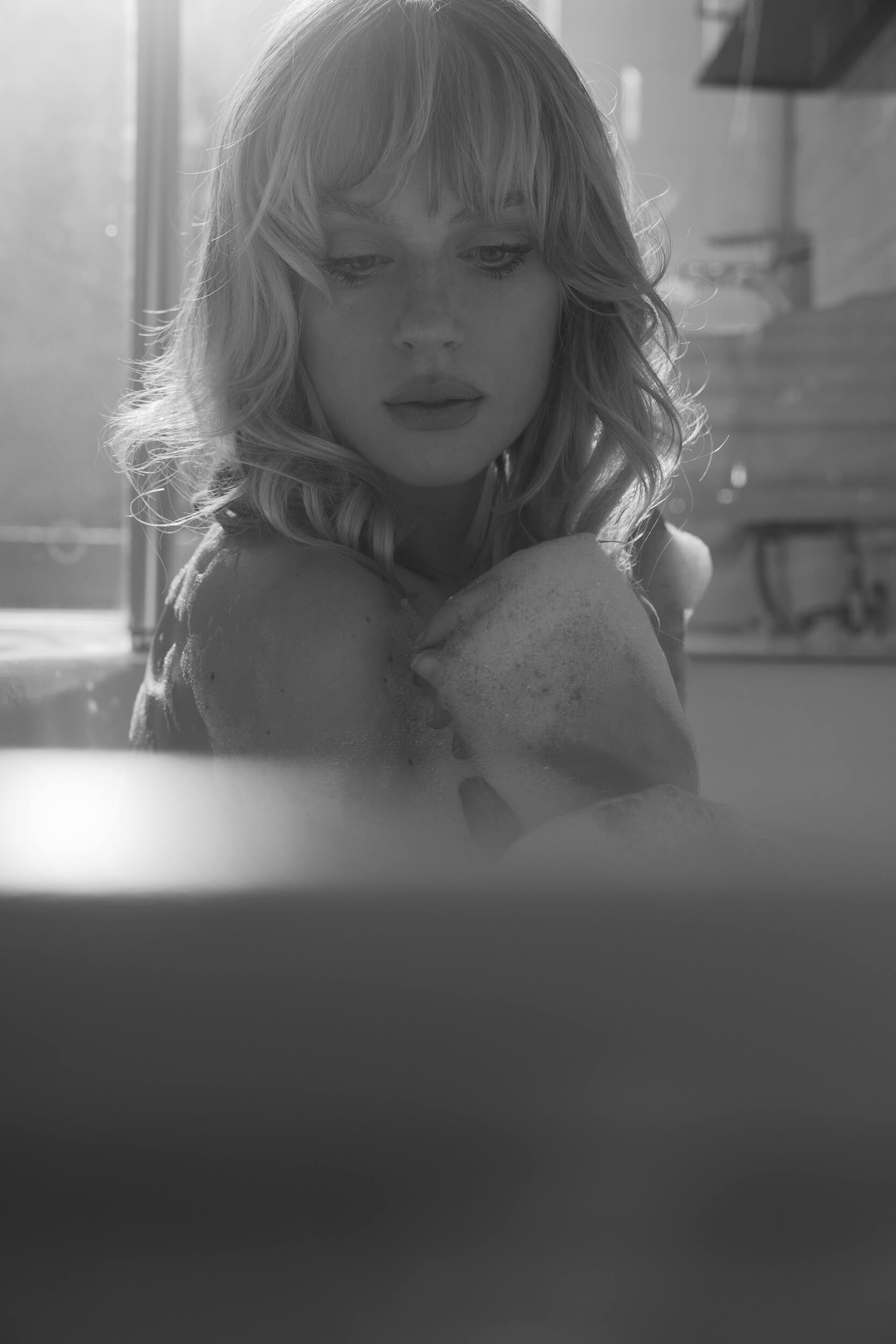
“That transformative aspect is what I love about acting”
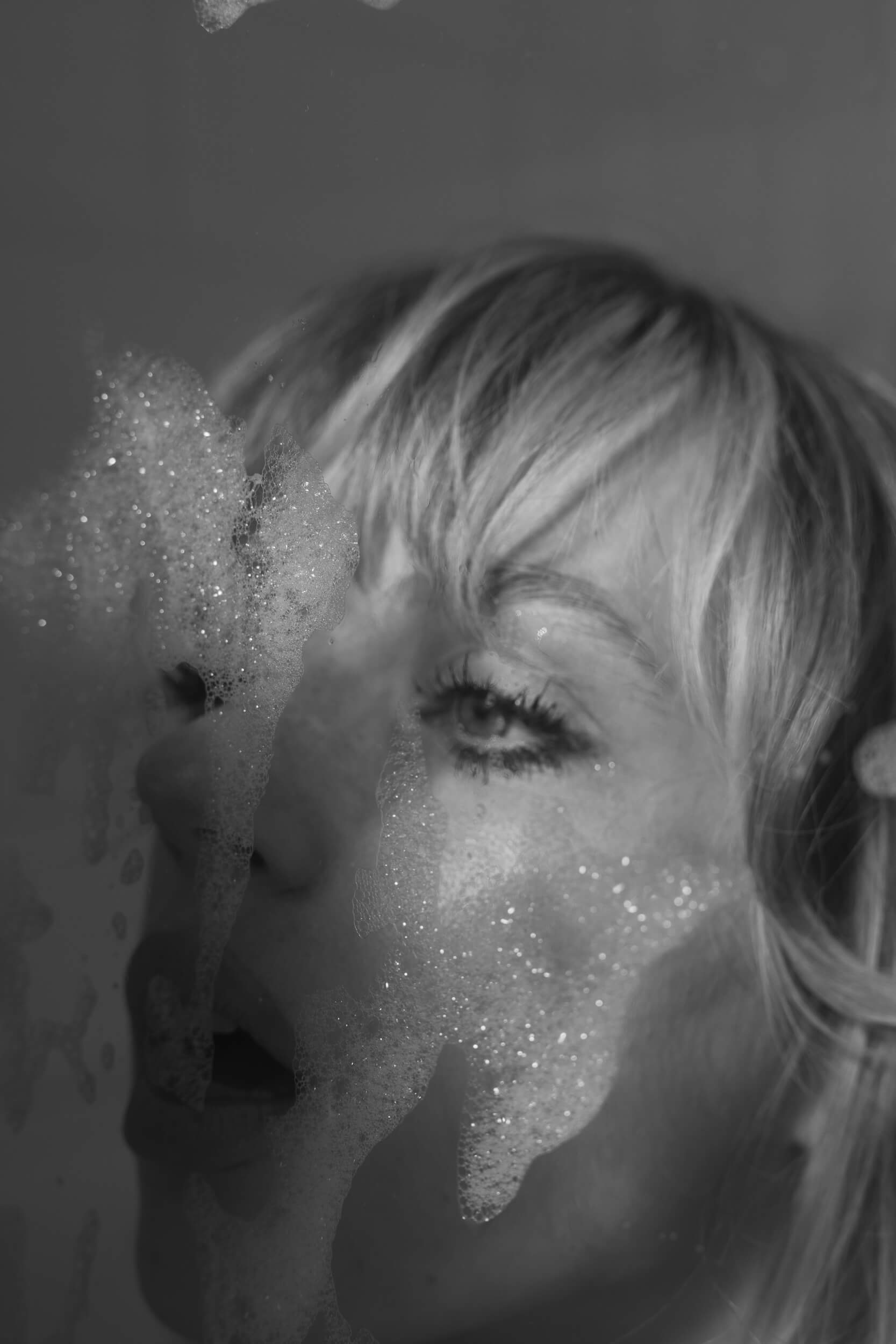
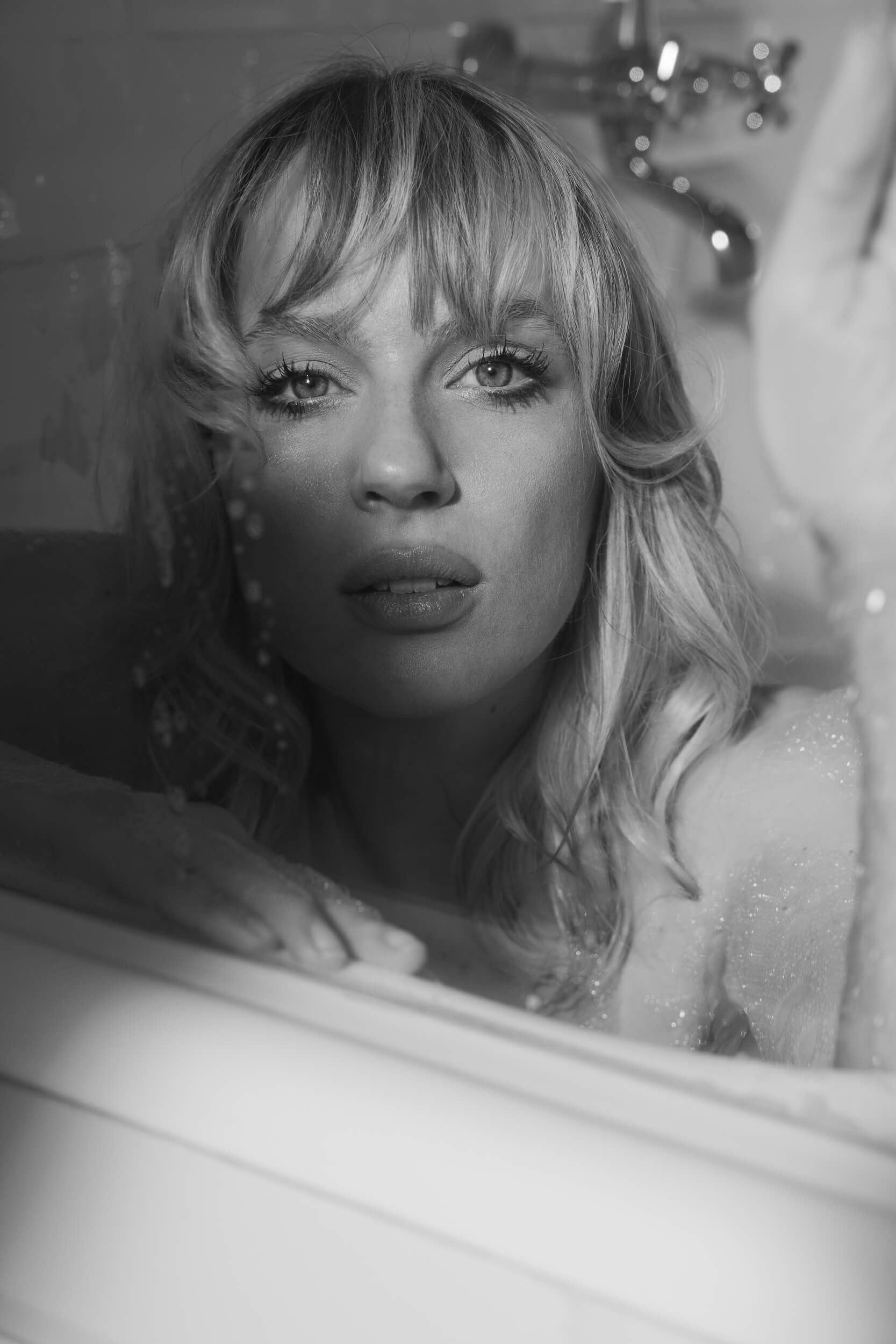
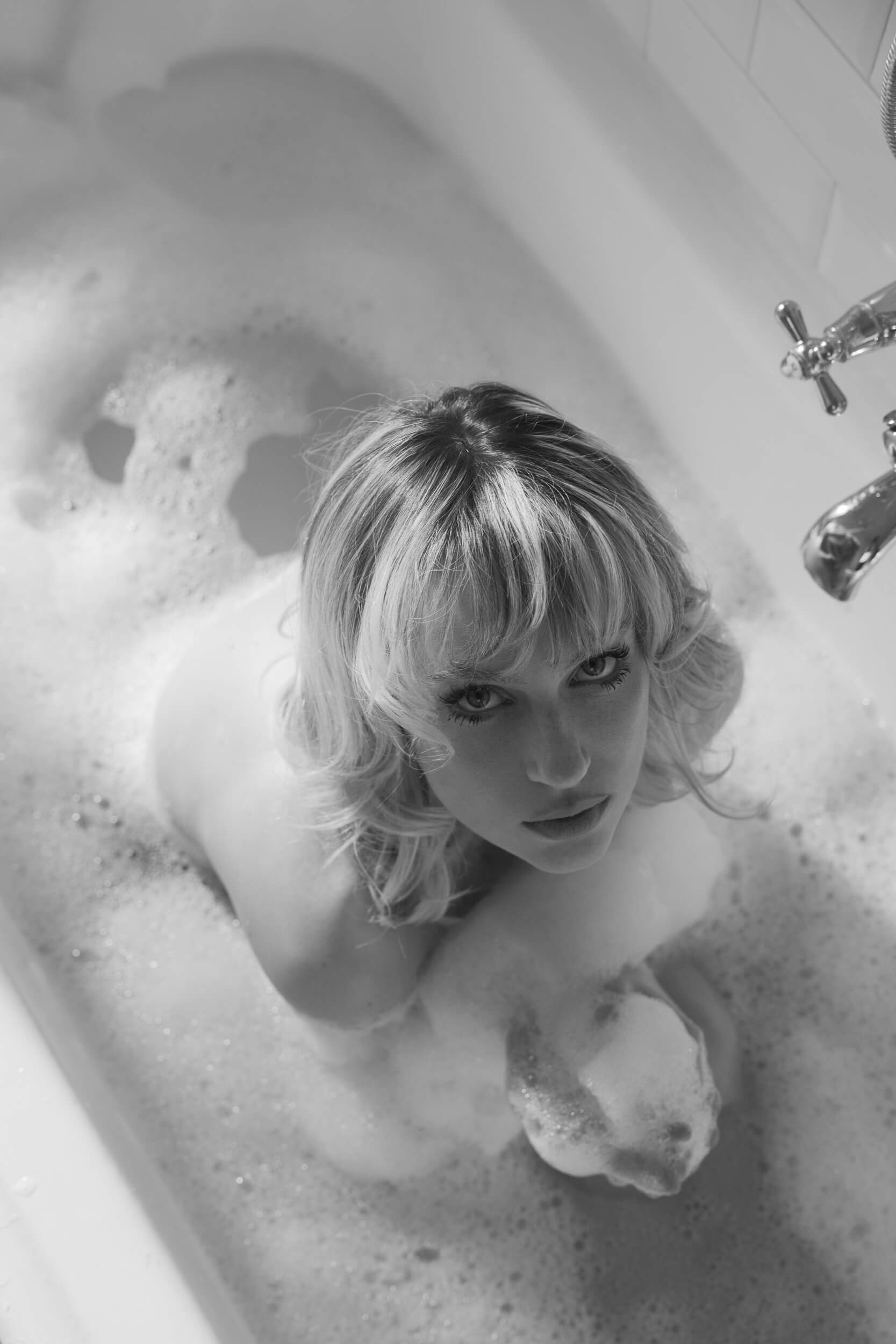
Last question: what’s your happy place?
My home. I finally live in Milan, and I’m currently decorating my new place following my Virgo aesthetic obsession—with a Libra moon! [laughs]
Here, I find my balance between stability and freedom. It truly feels like mine.
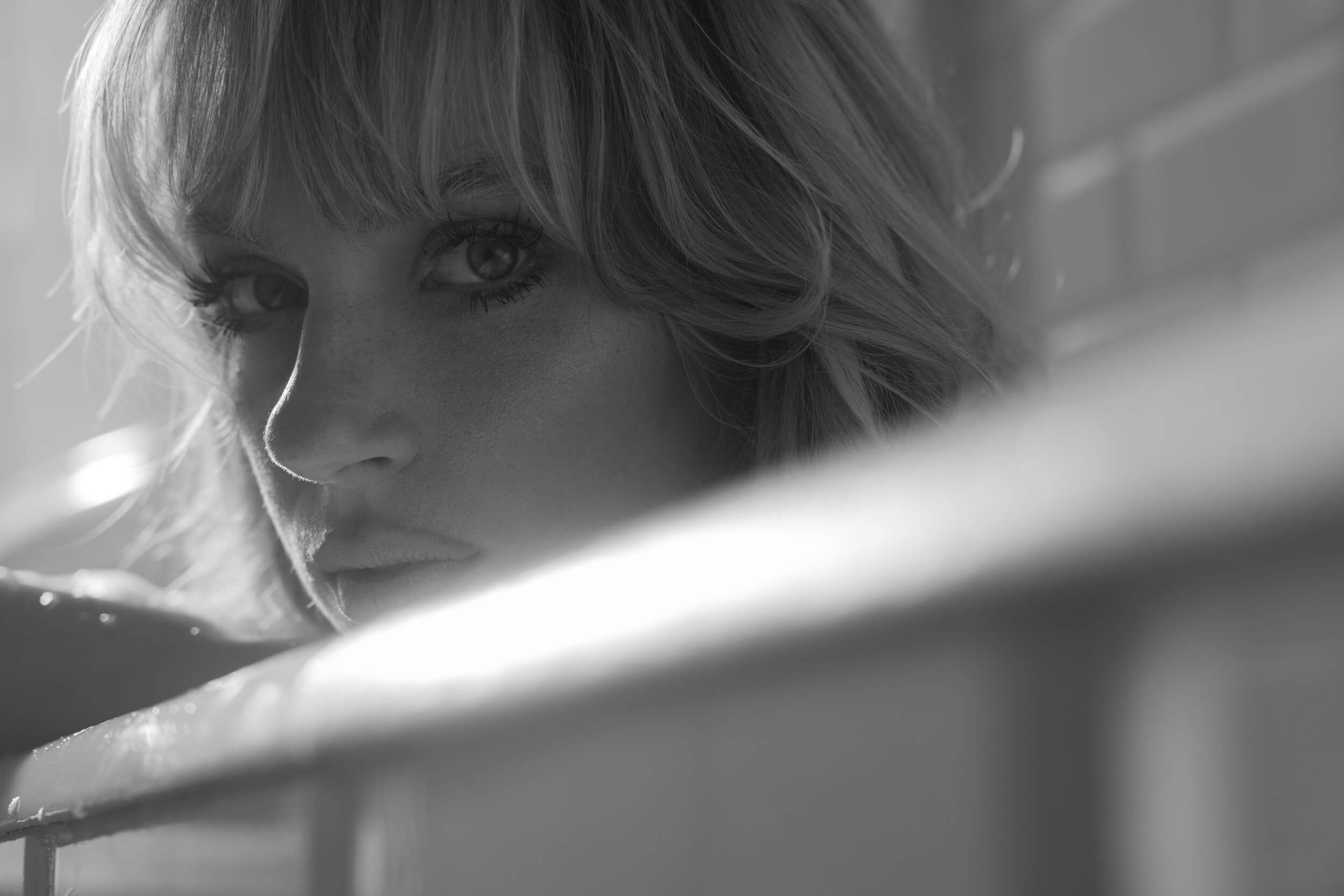
Photos & Video by Johnny Carrano.
Styling by Virginia Carillo.
Assistant styling: Giulia Viani.
Makeup by Mara De Marco.
Hair by Damiano Seminara.
LOOK 1
Total look: Vintage
LOOK 2
Dress: Vivetta
Bracelet: Vivetta
Rings: Whoamiproject
Shoes: Numero21
LOOK 3
Total Look: Vintage
Earrings: Vivetta
LOOK 4
Total Look: Vintage
Rings: Whoamiproject

